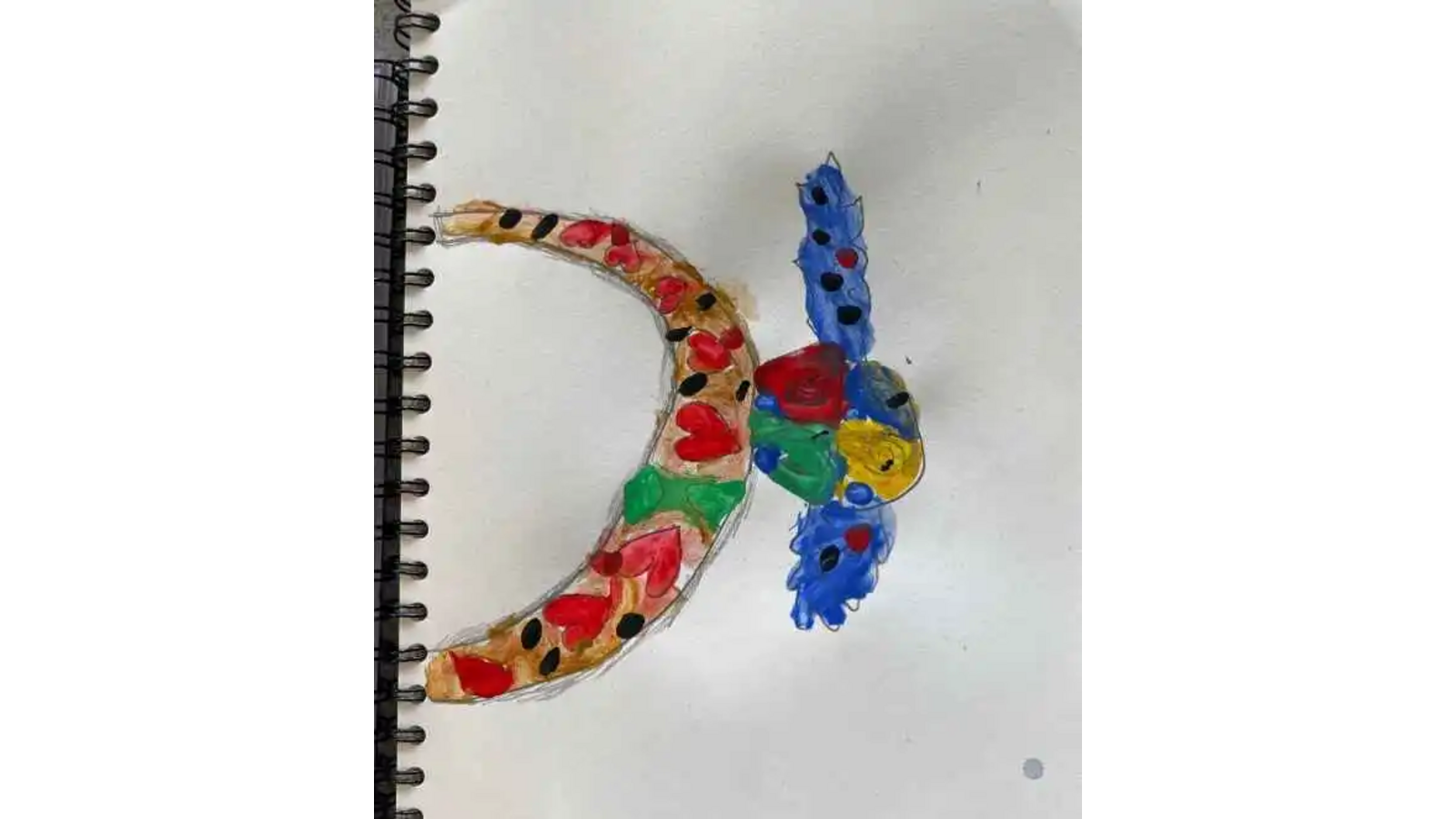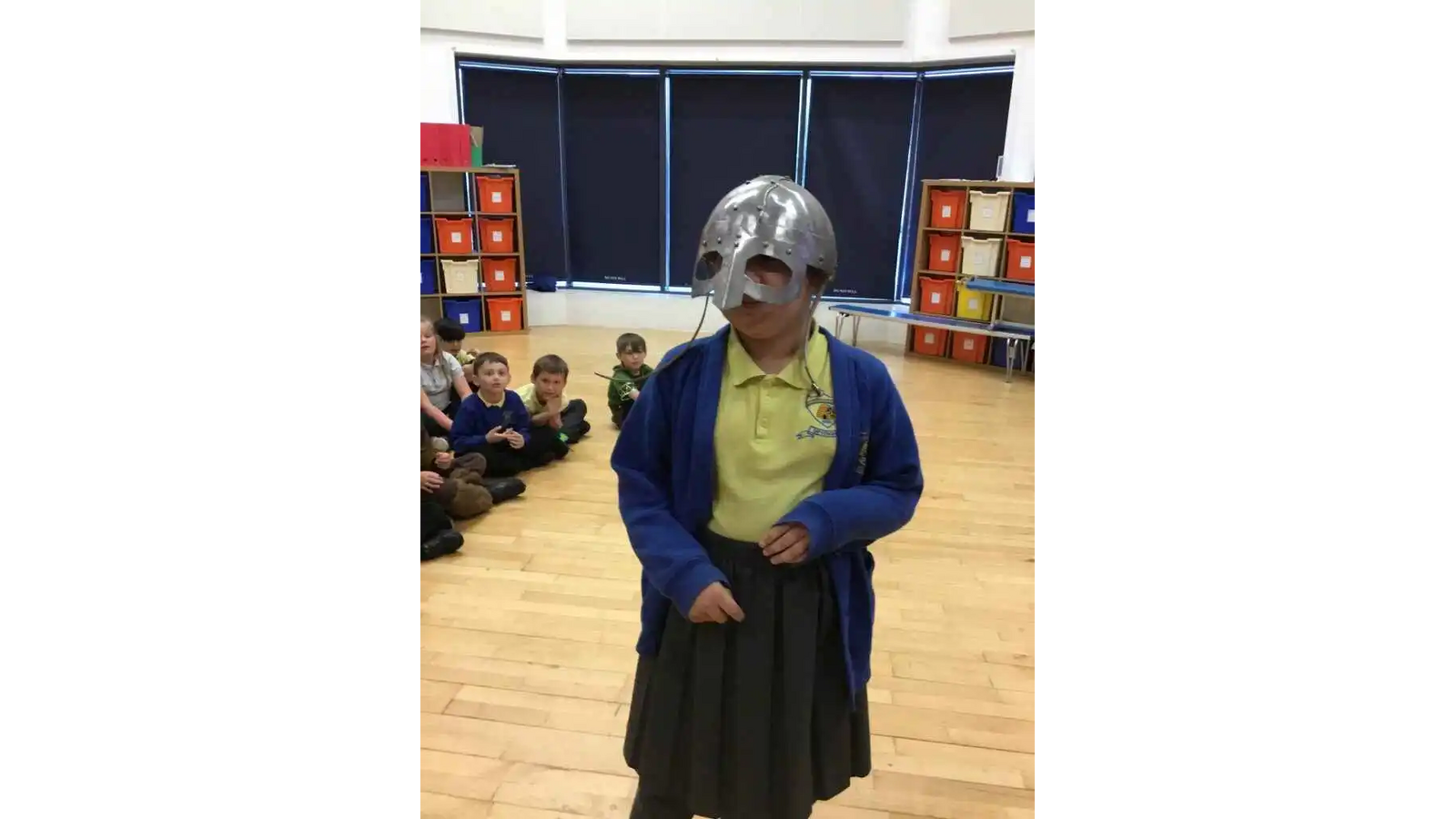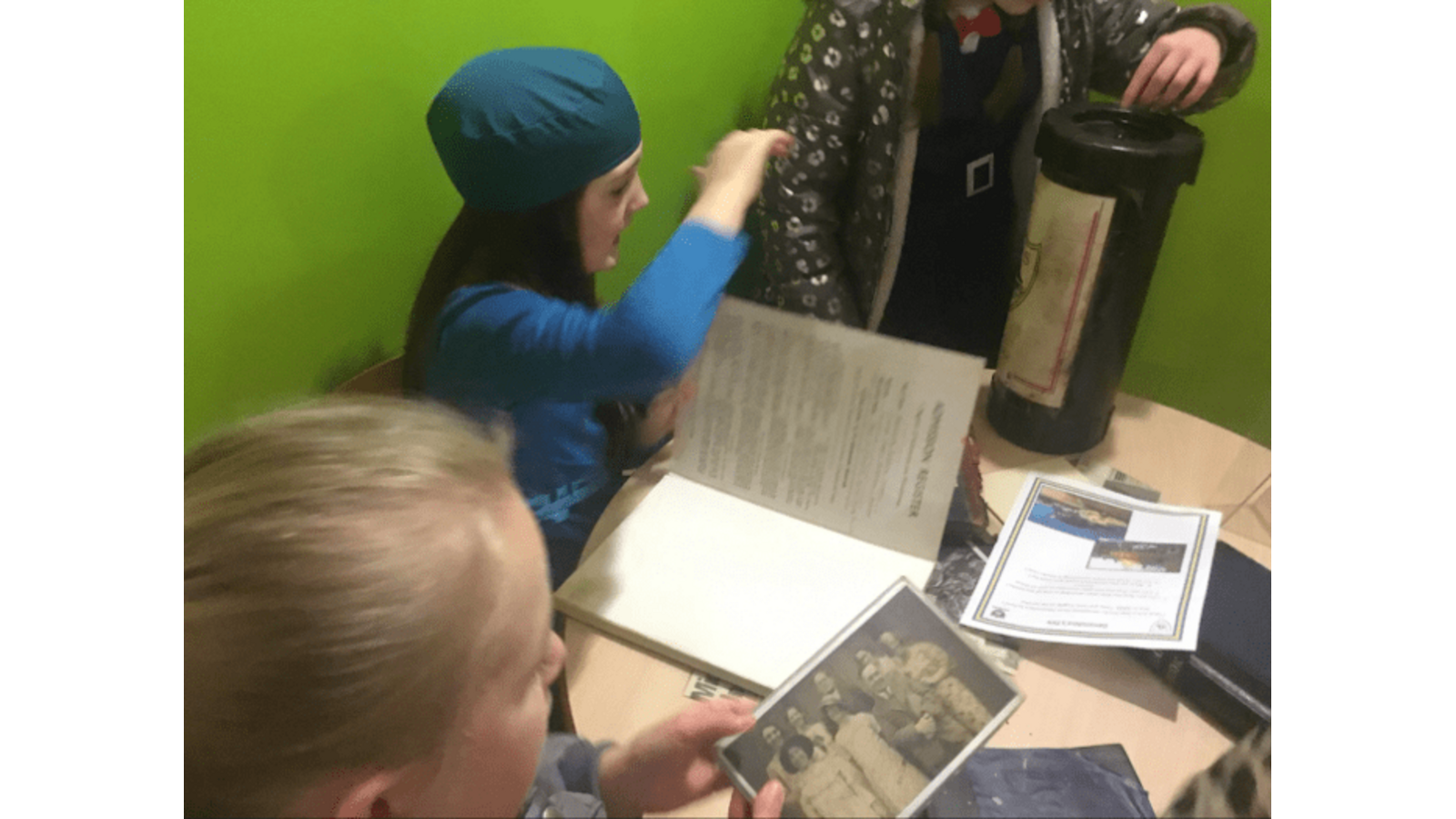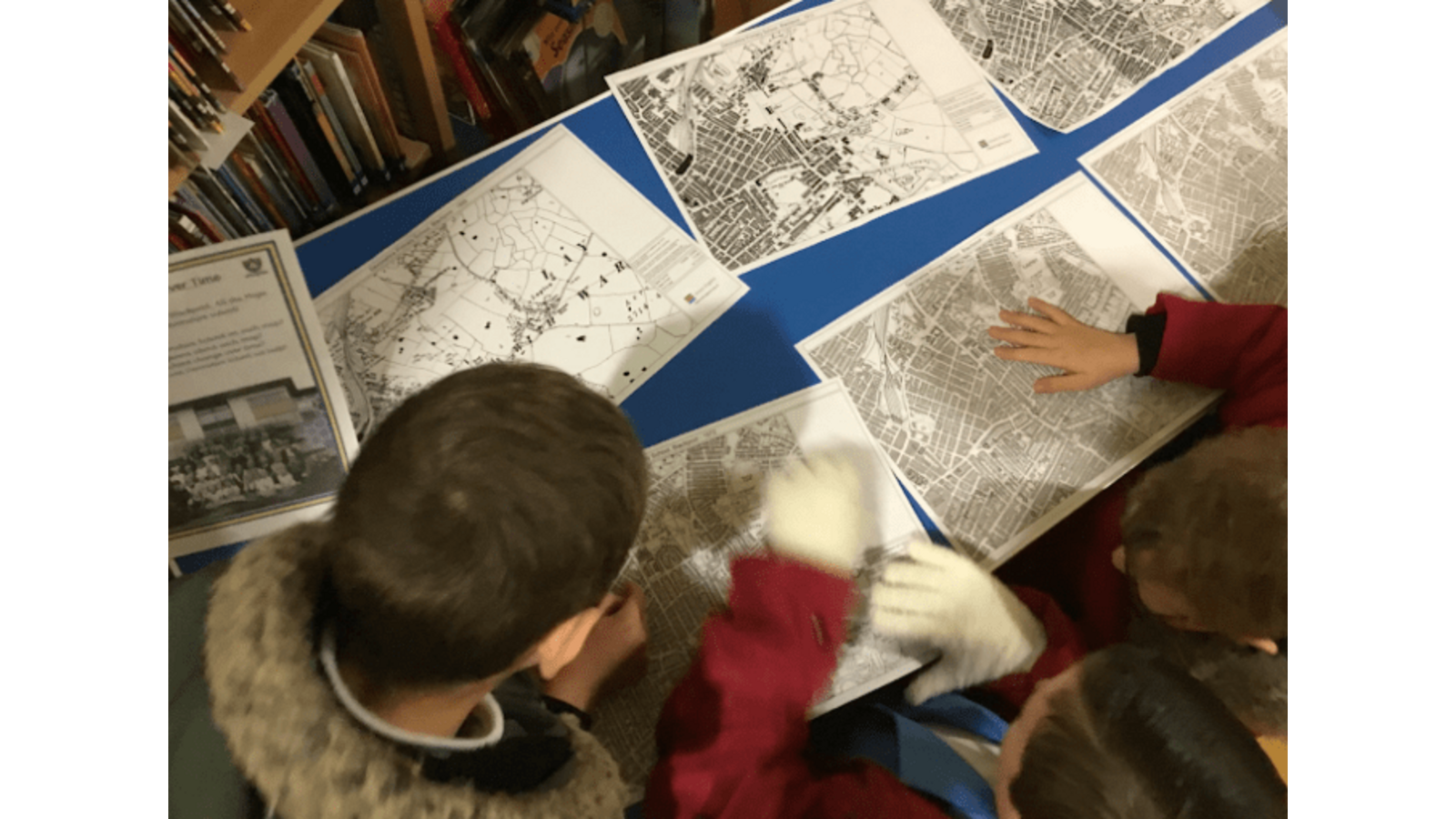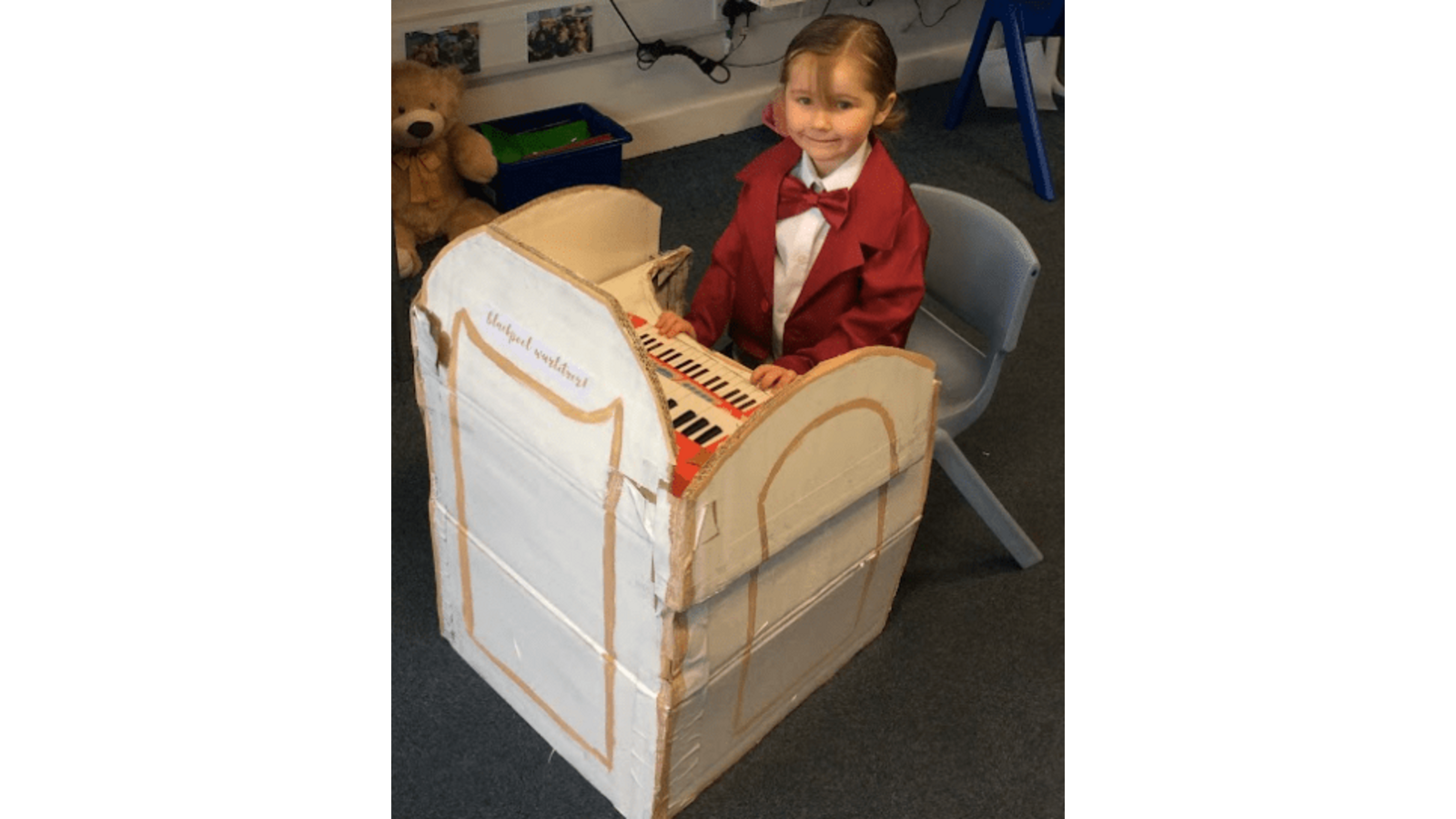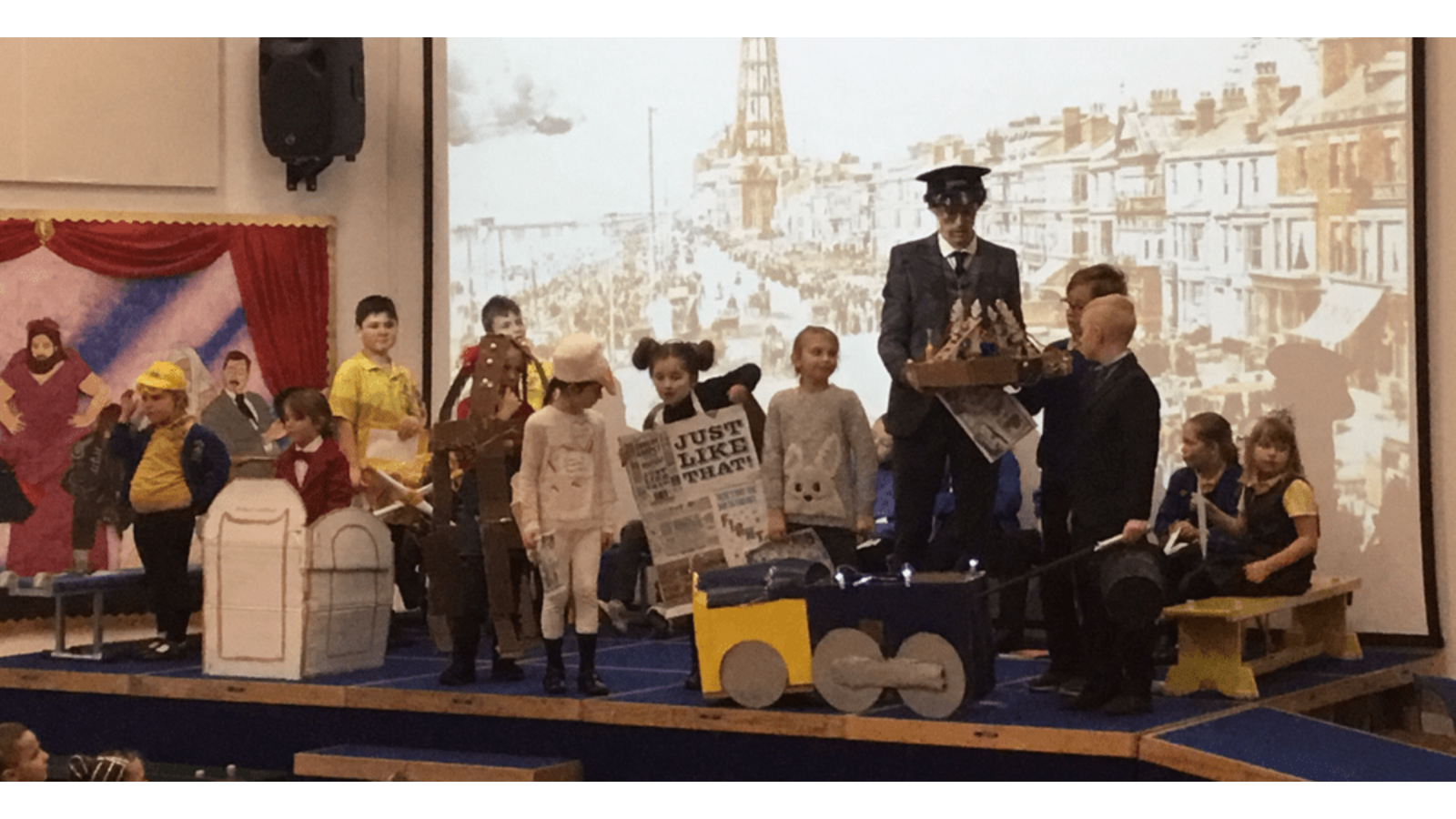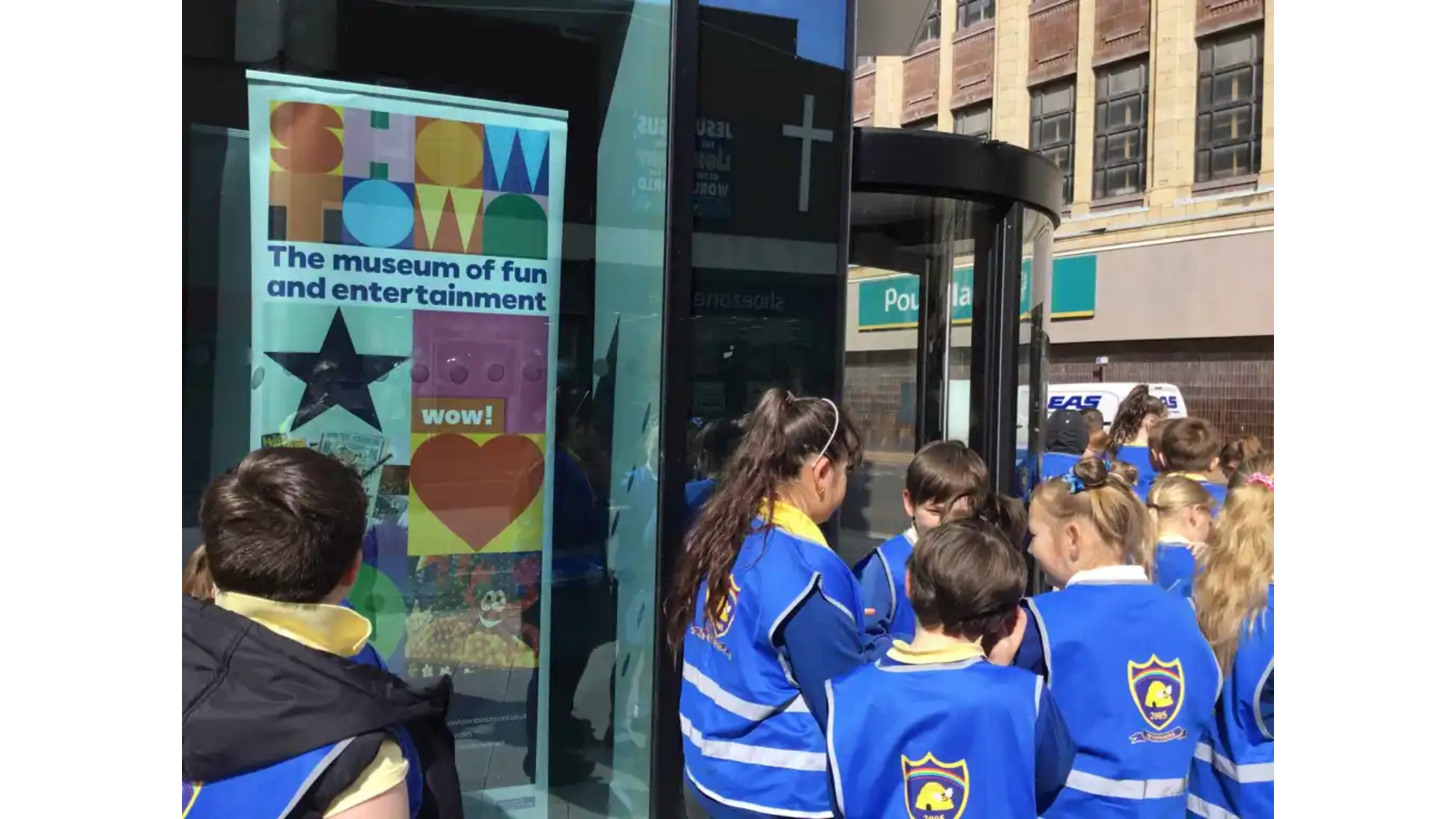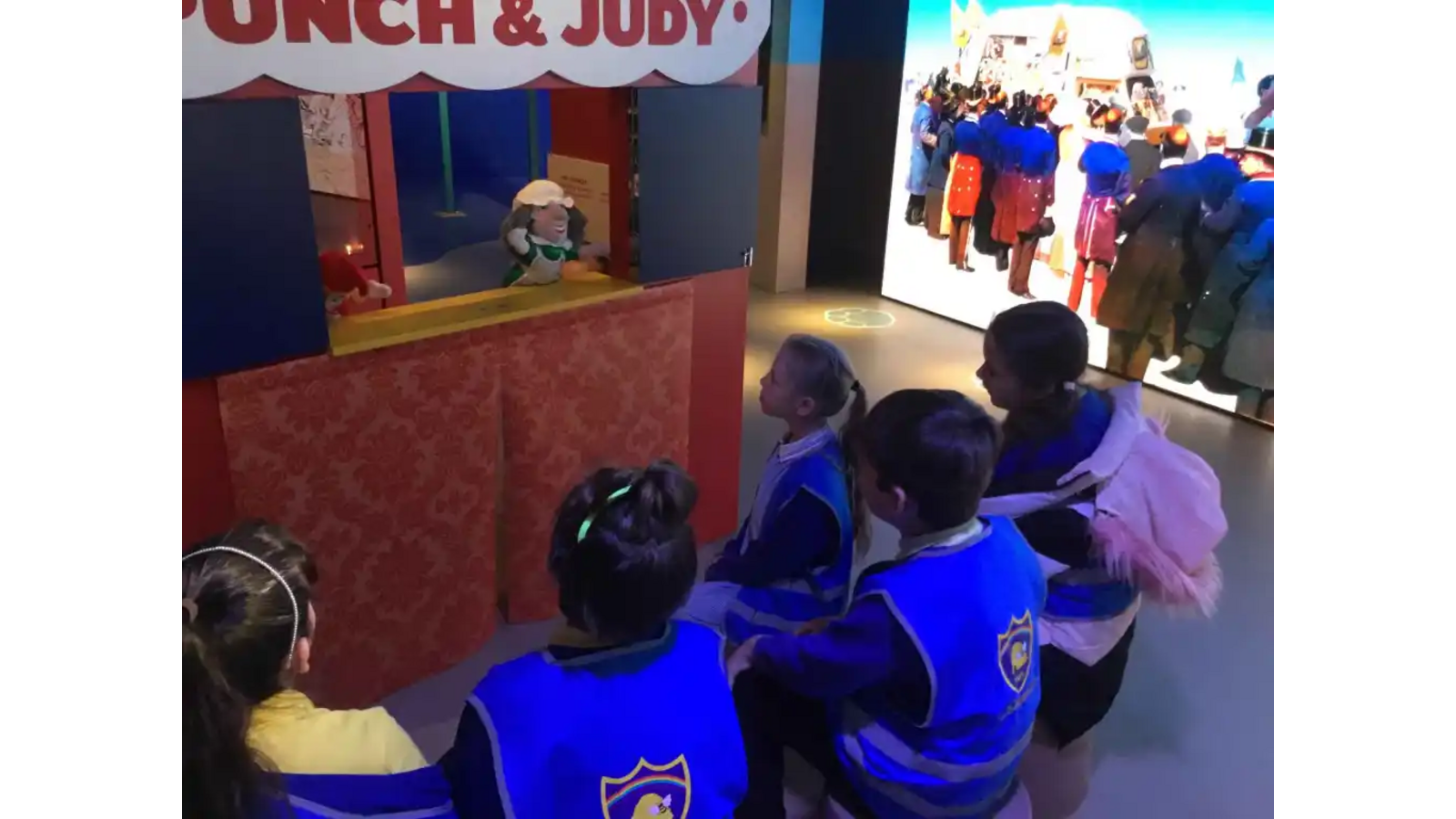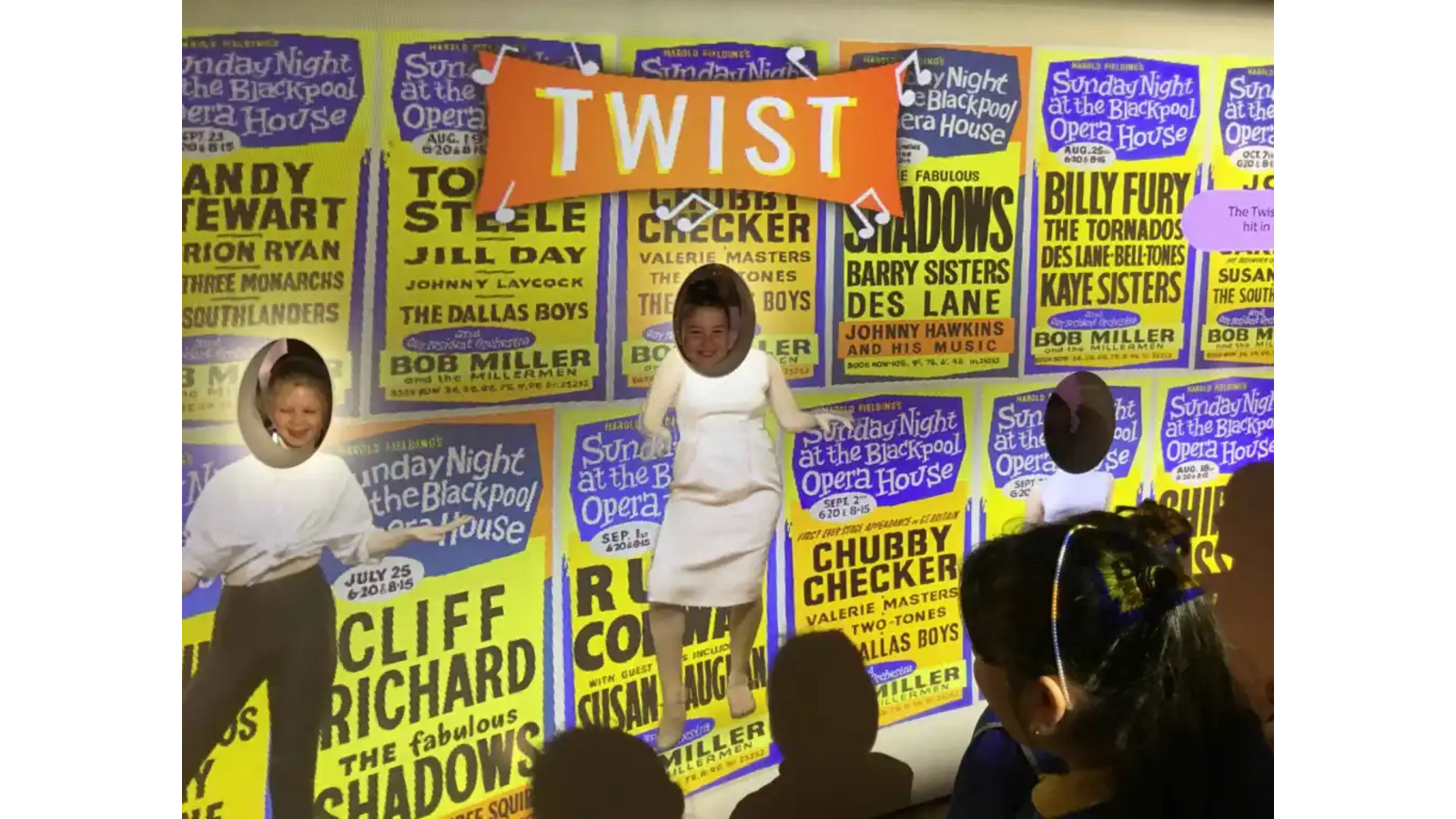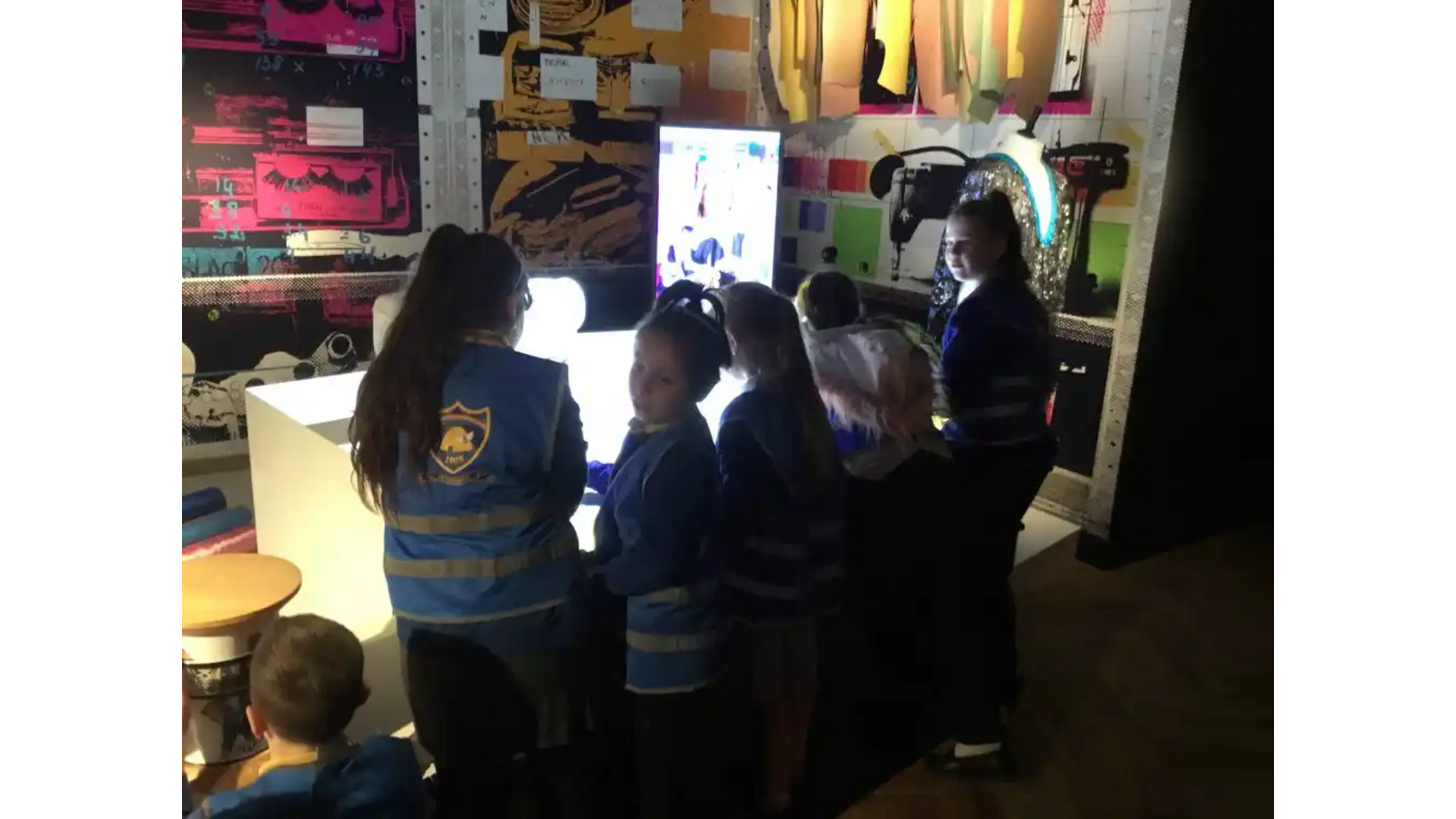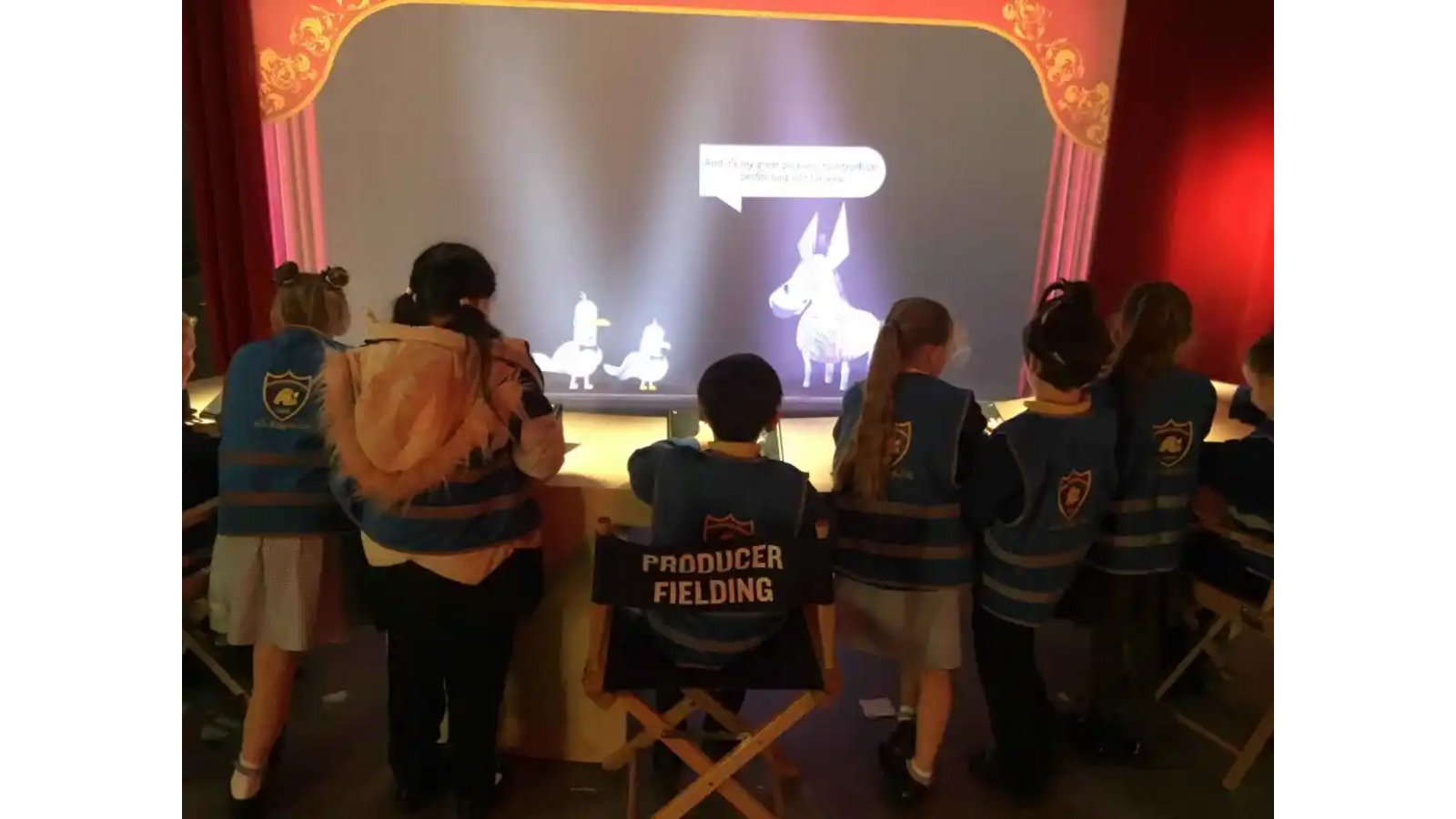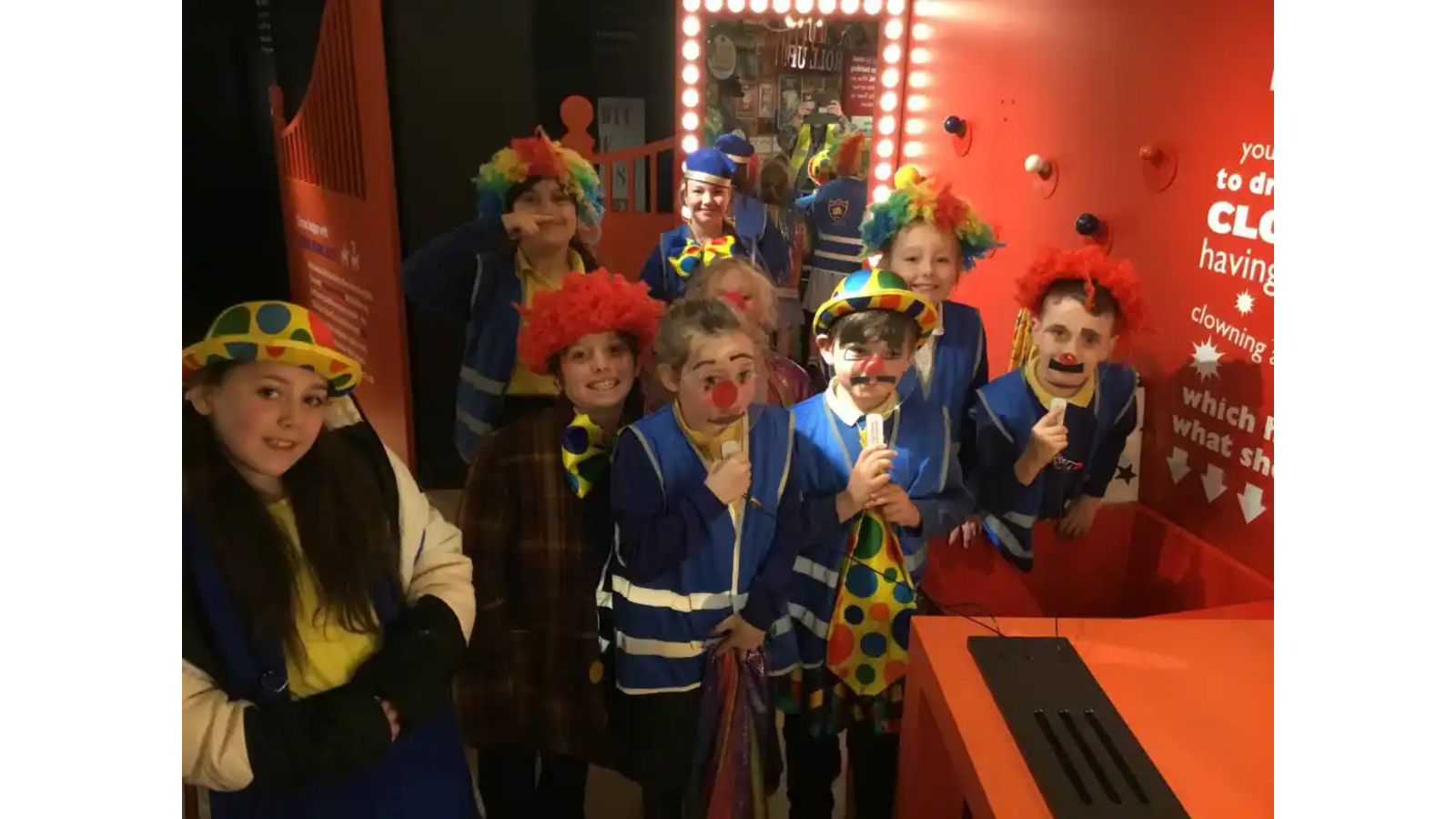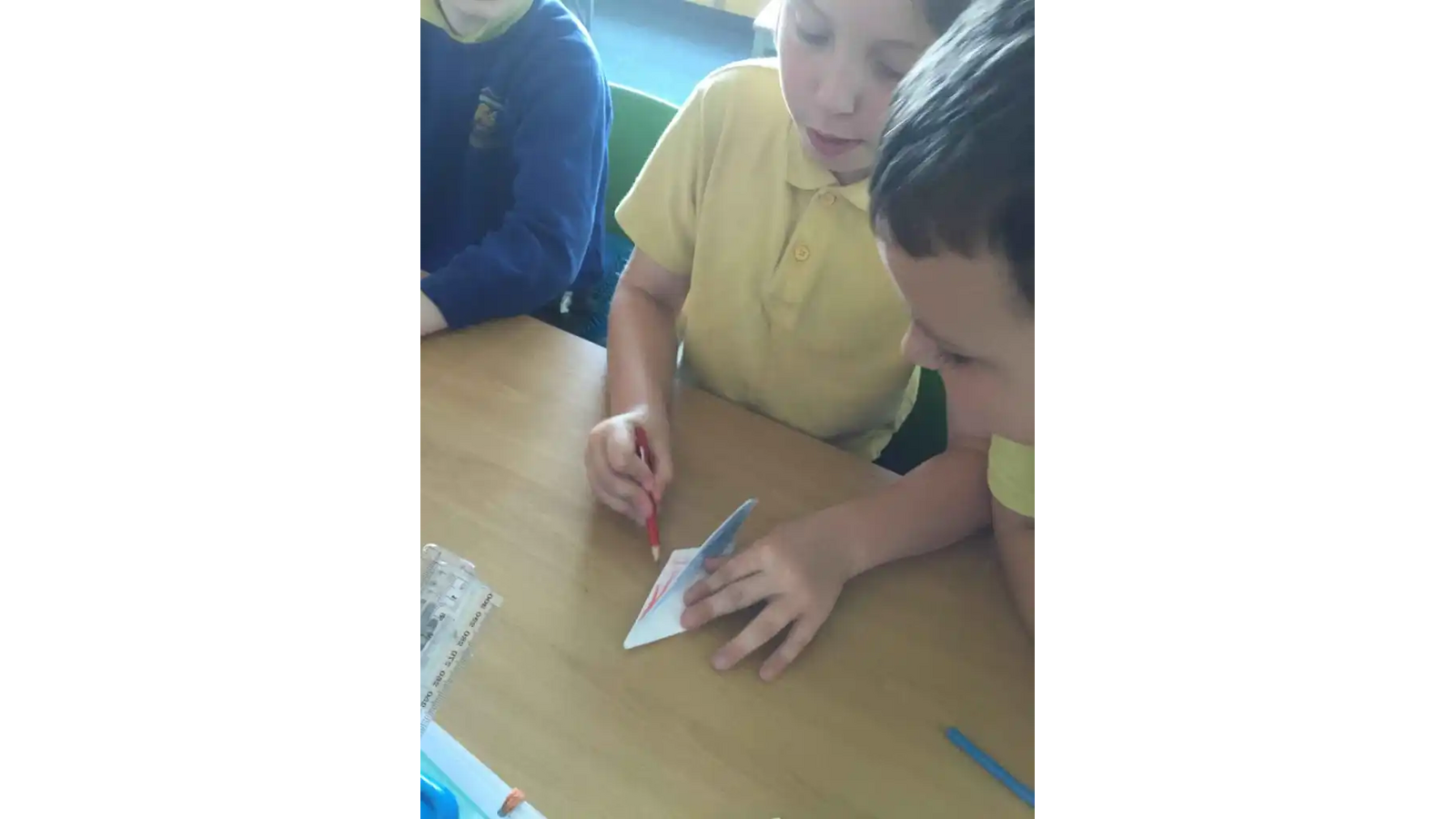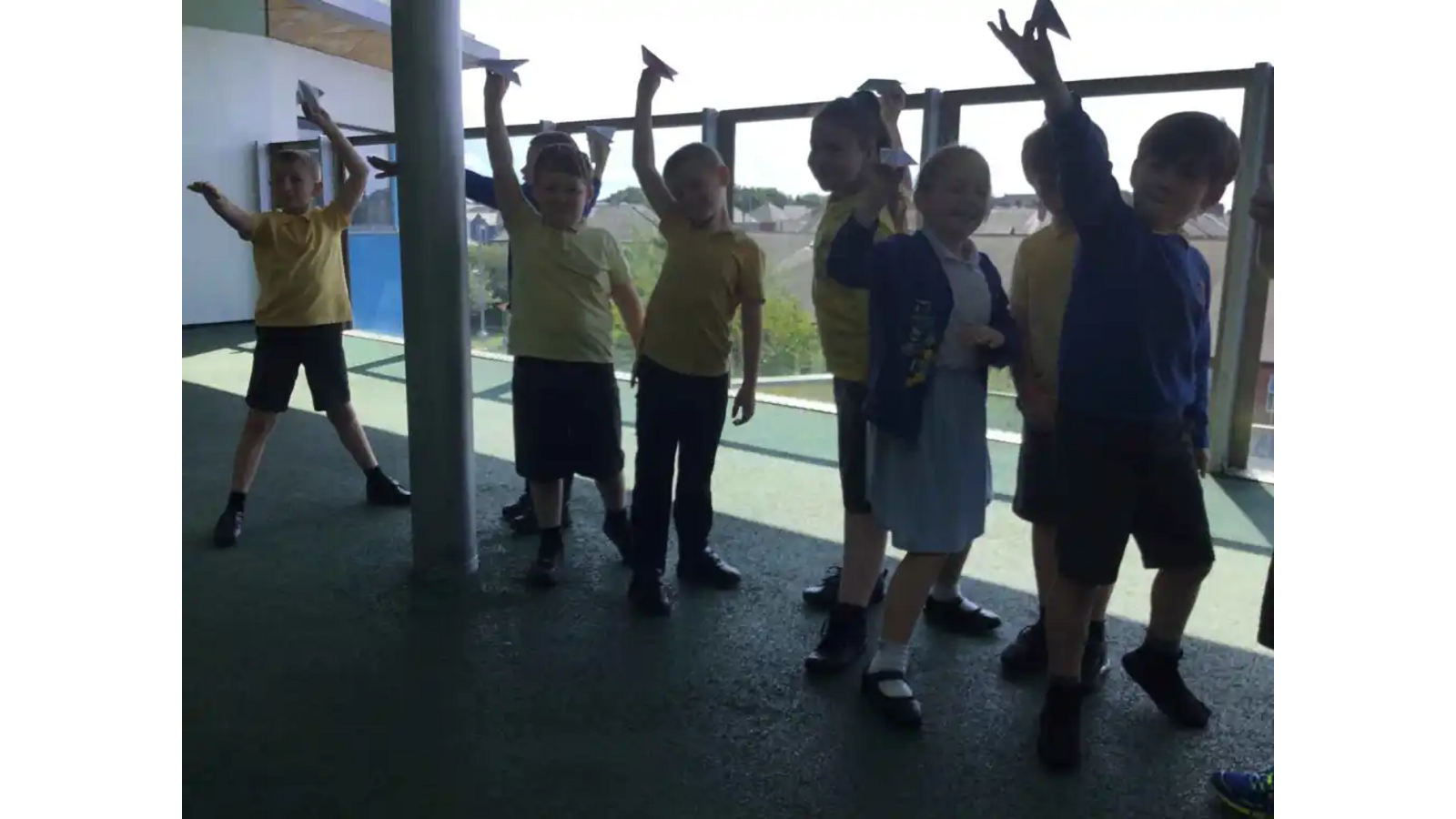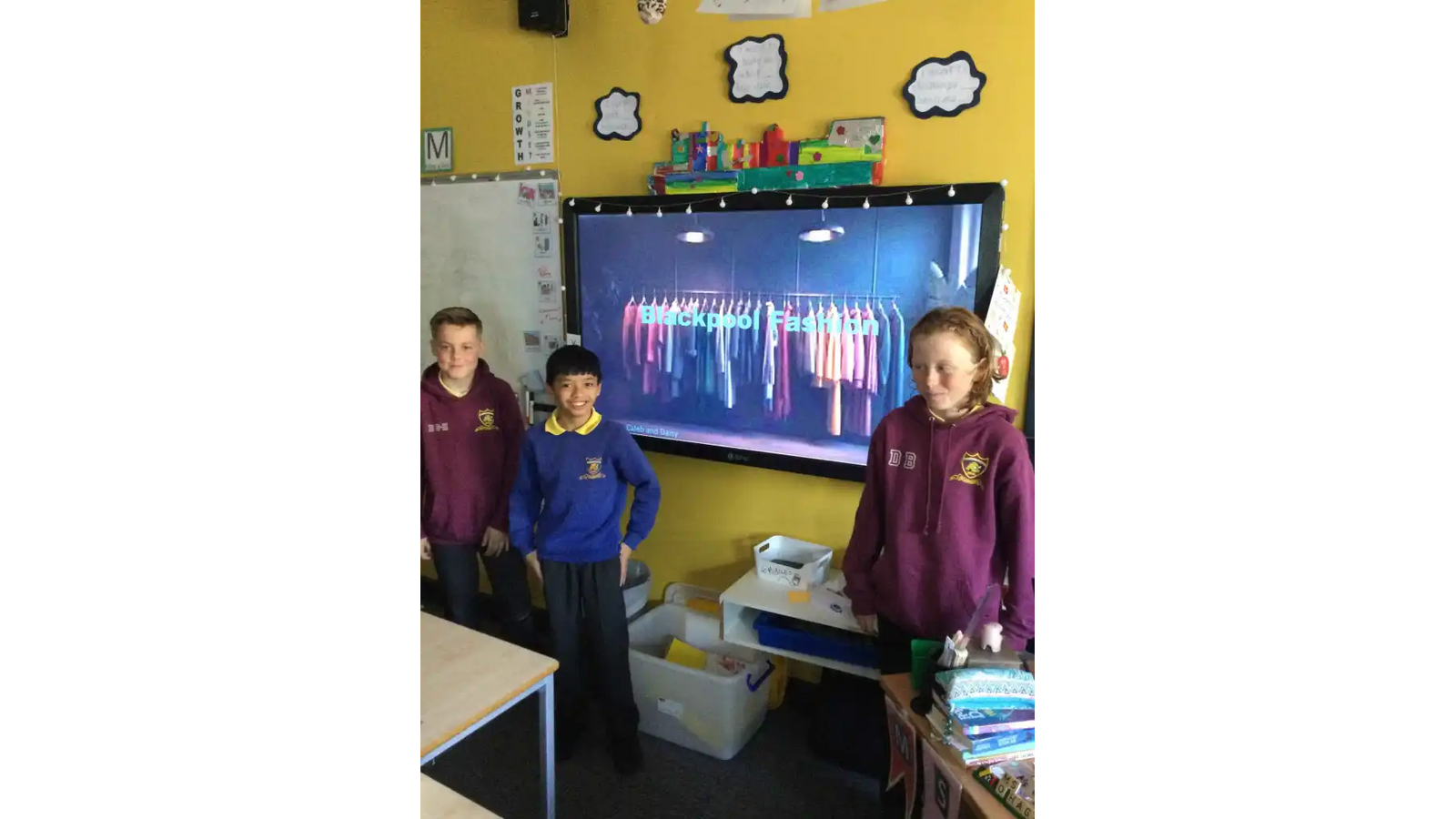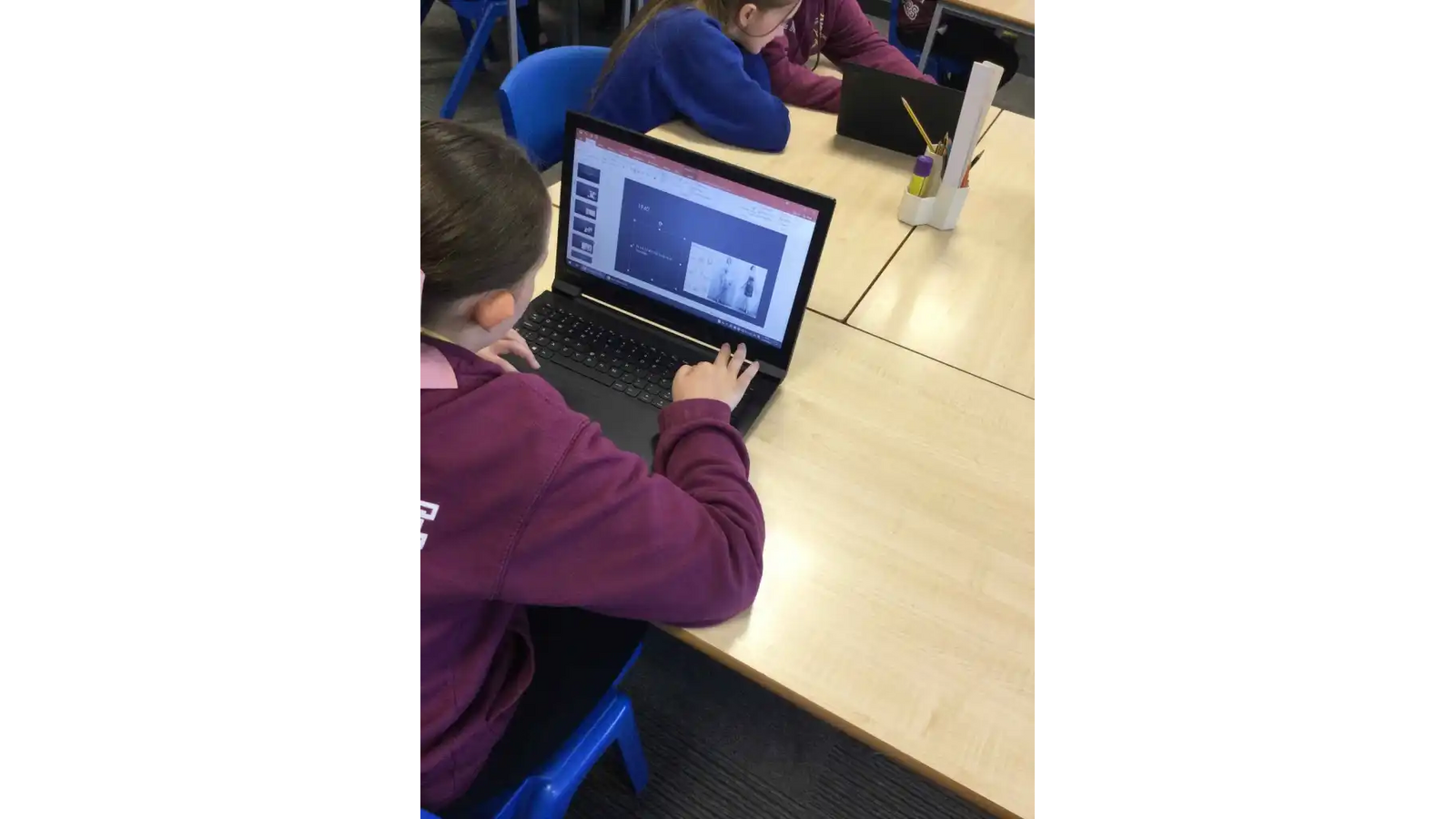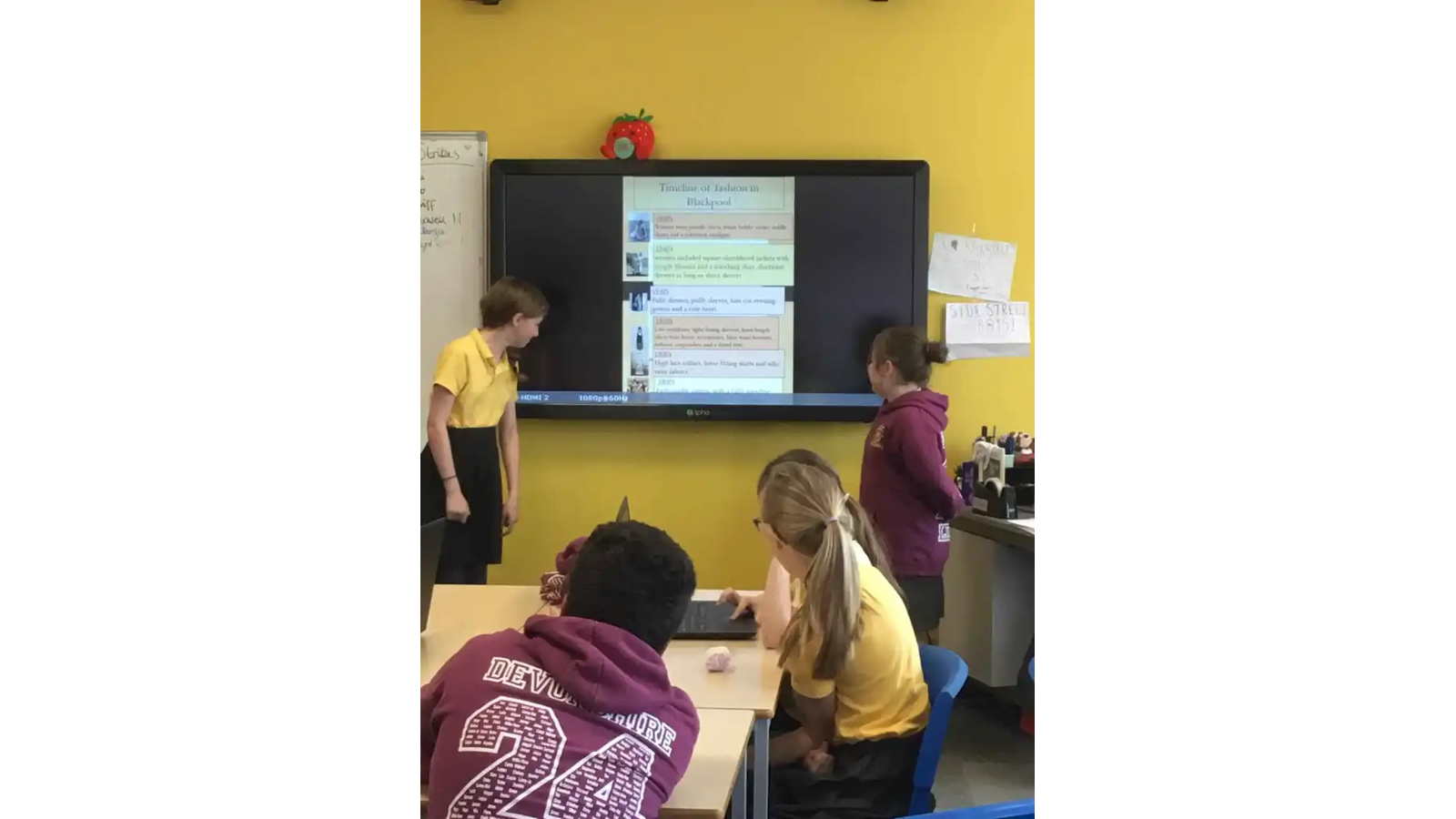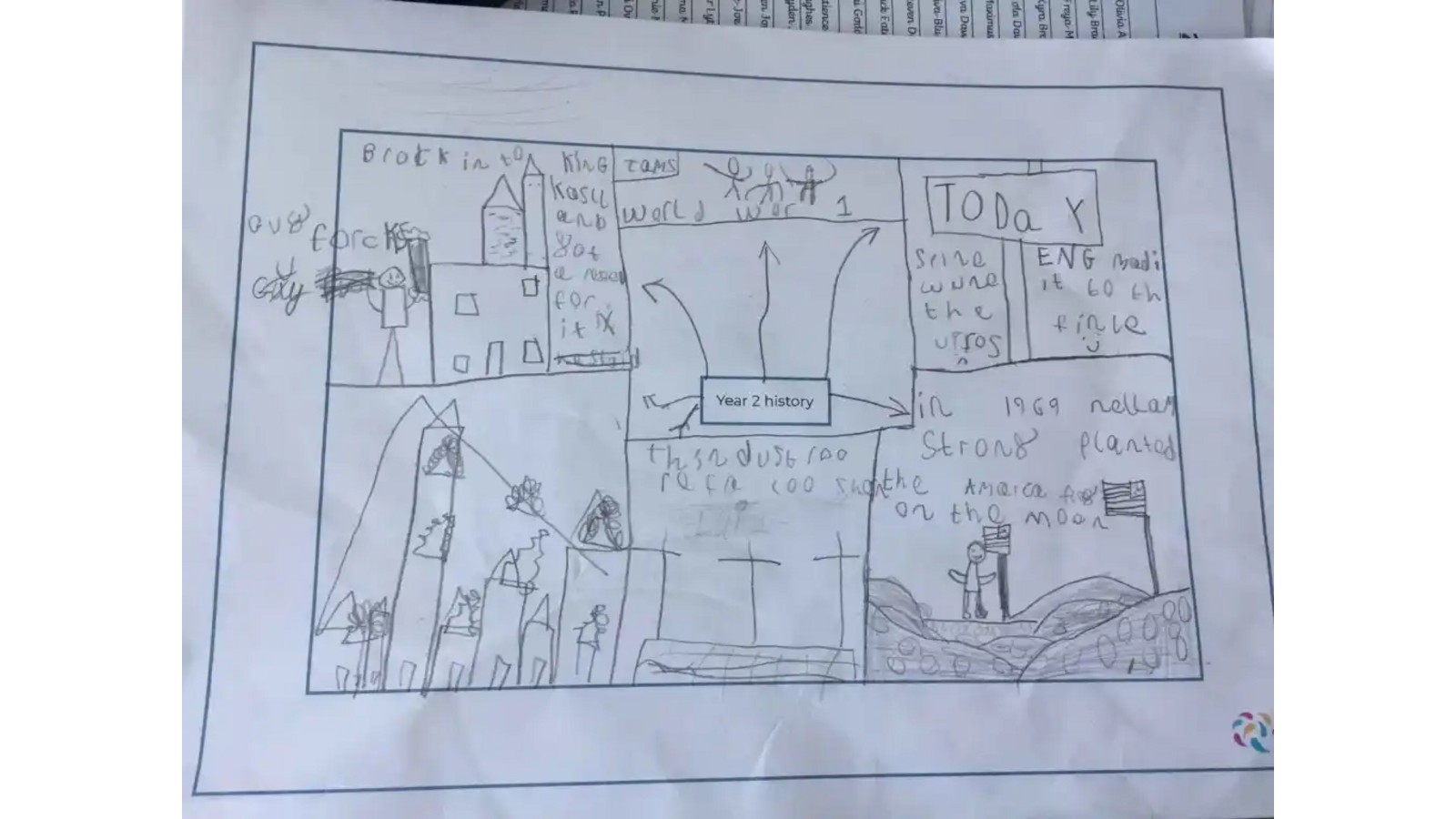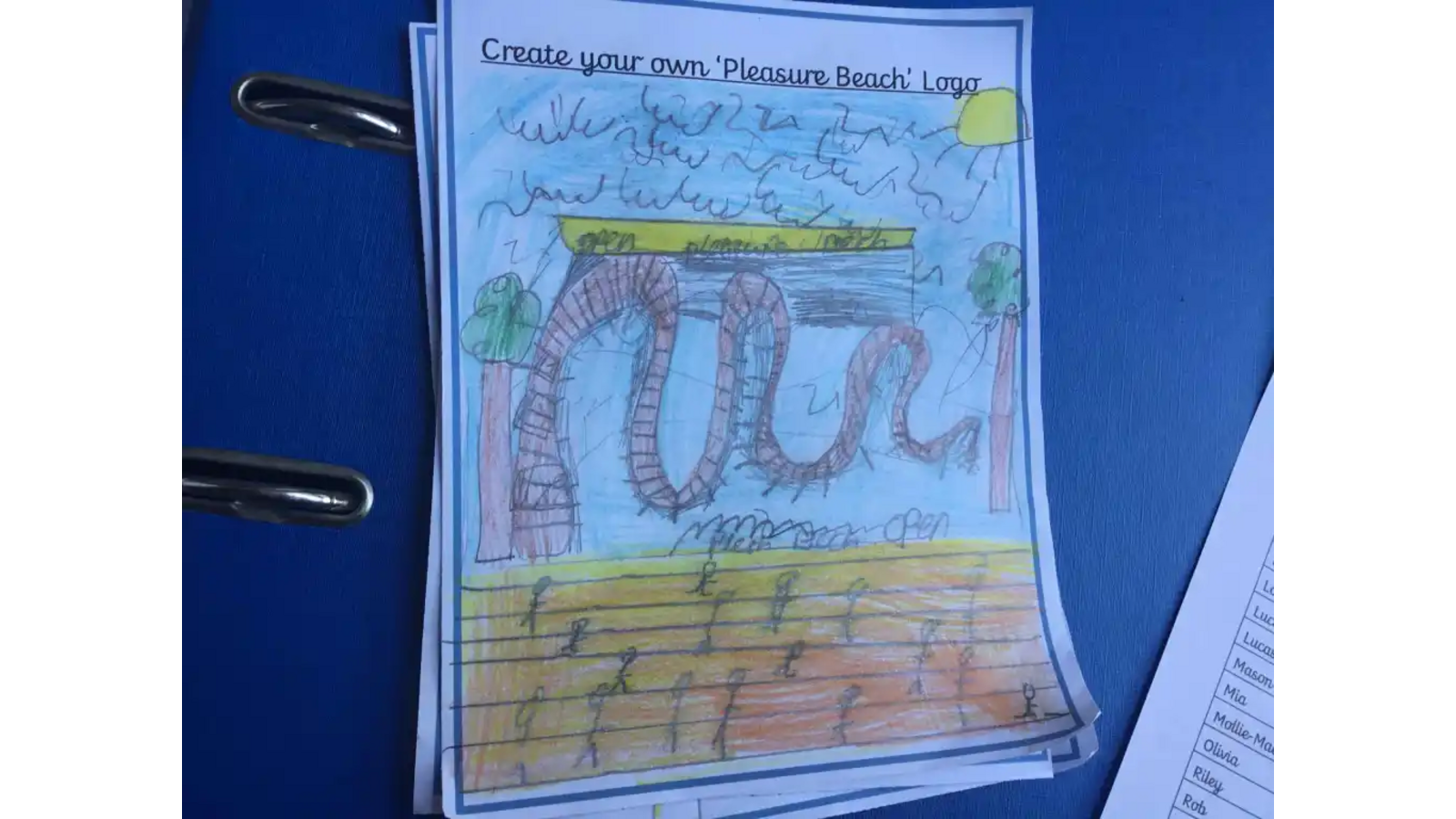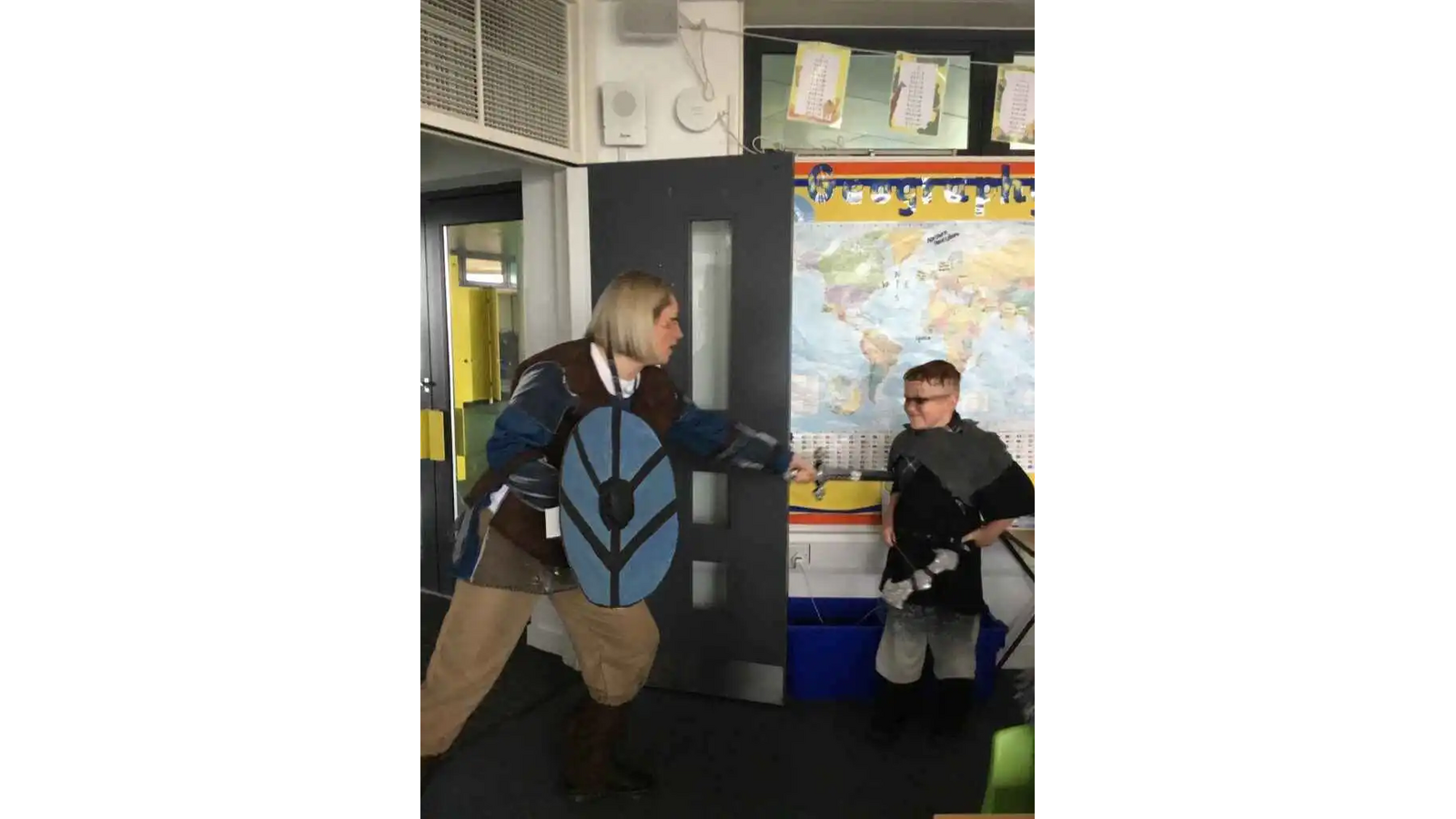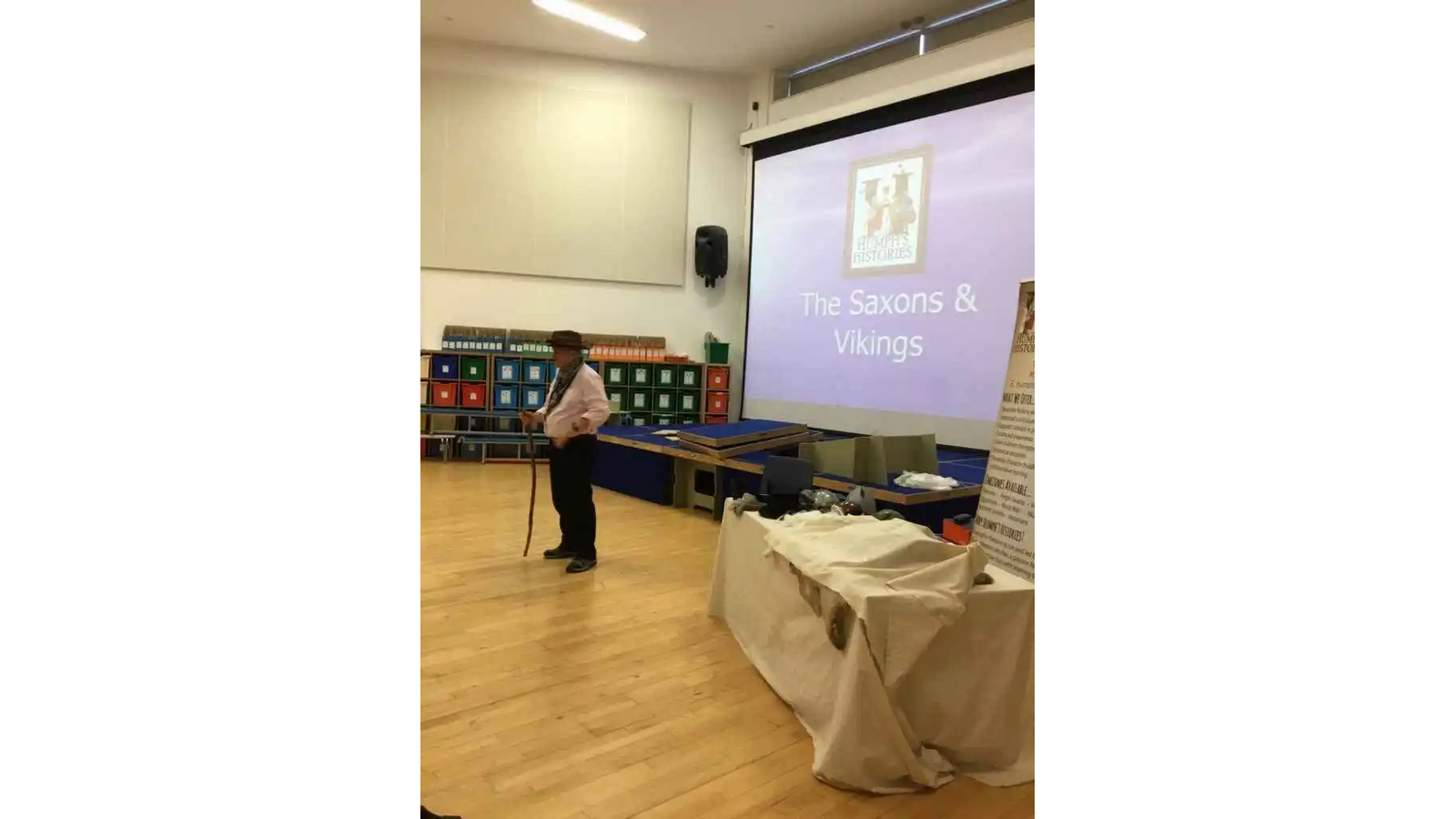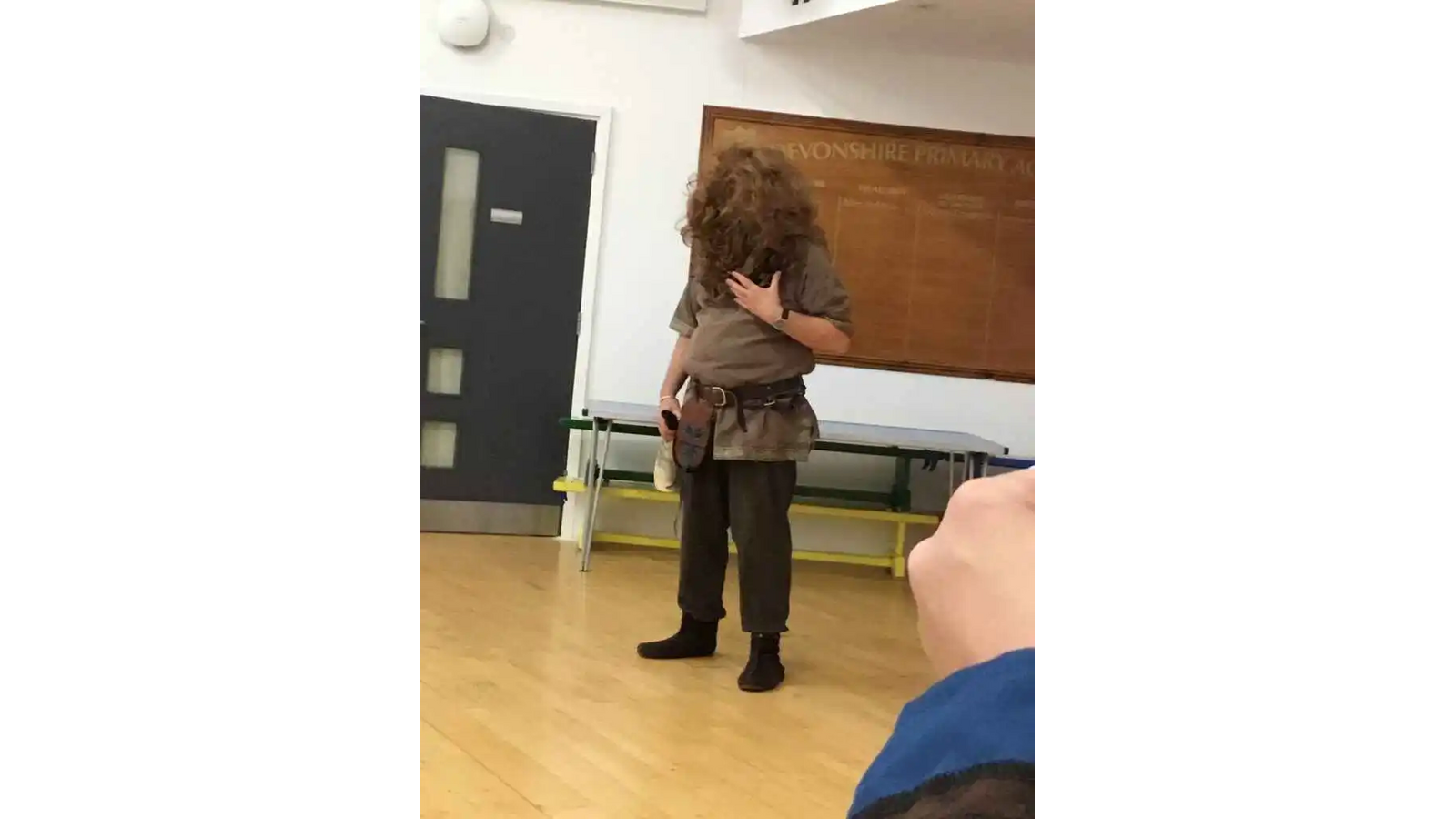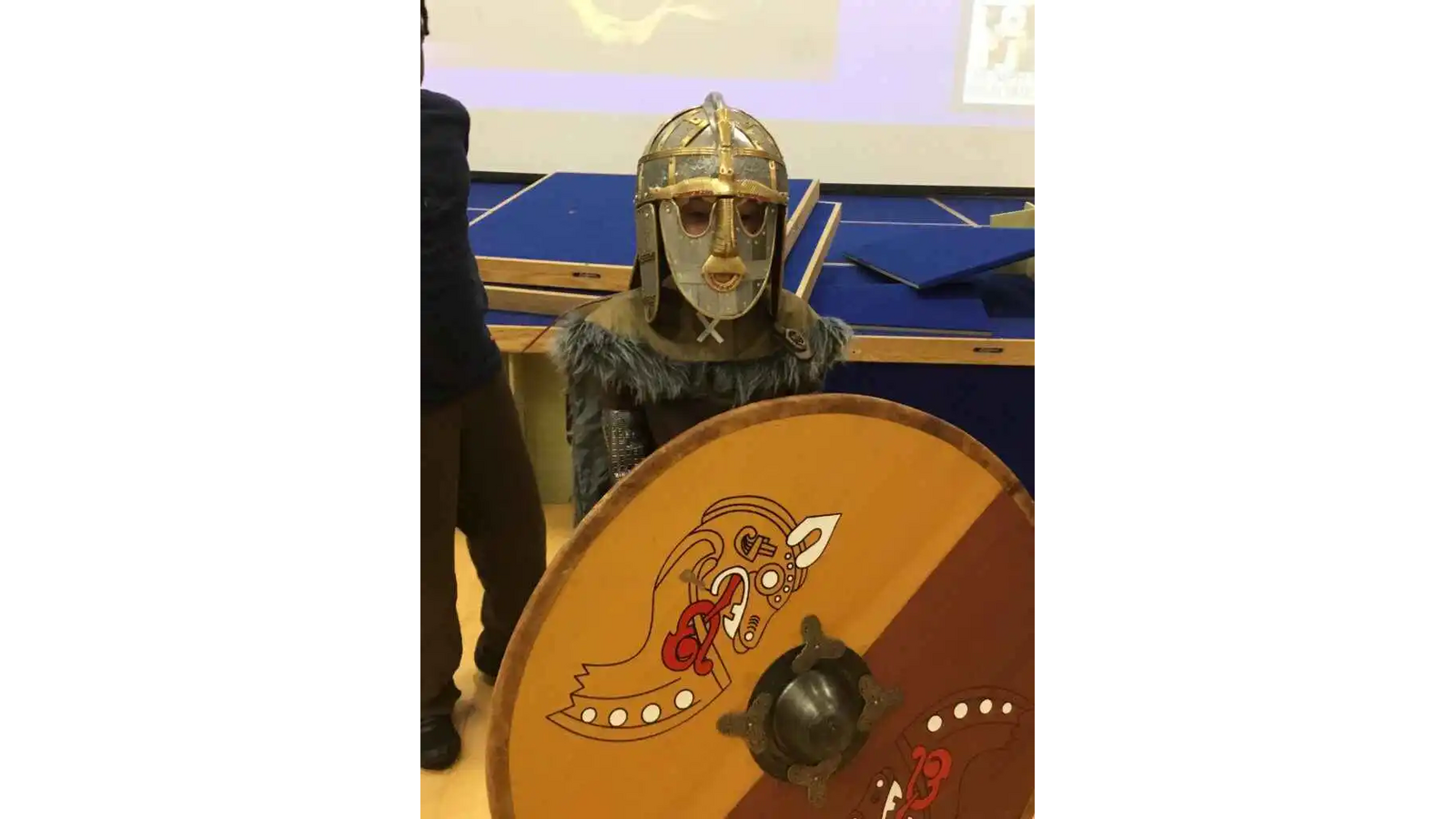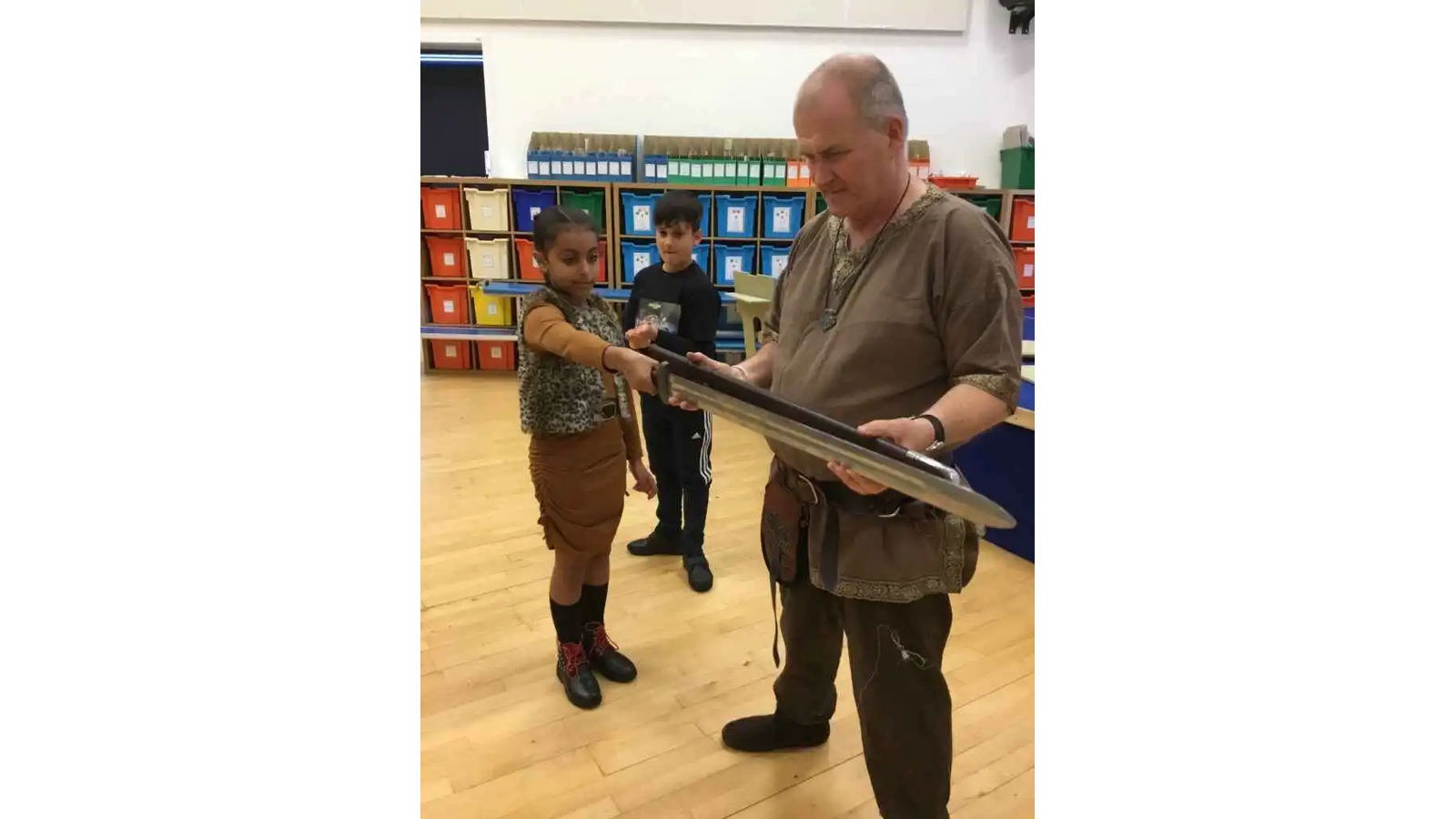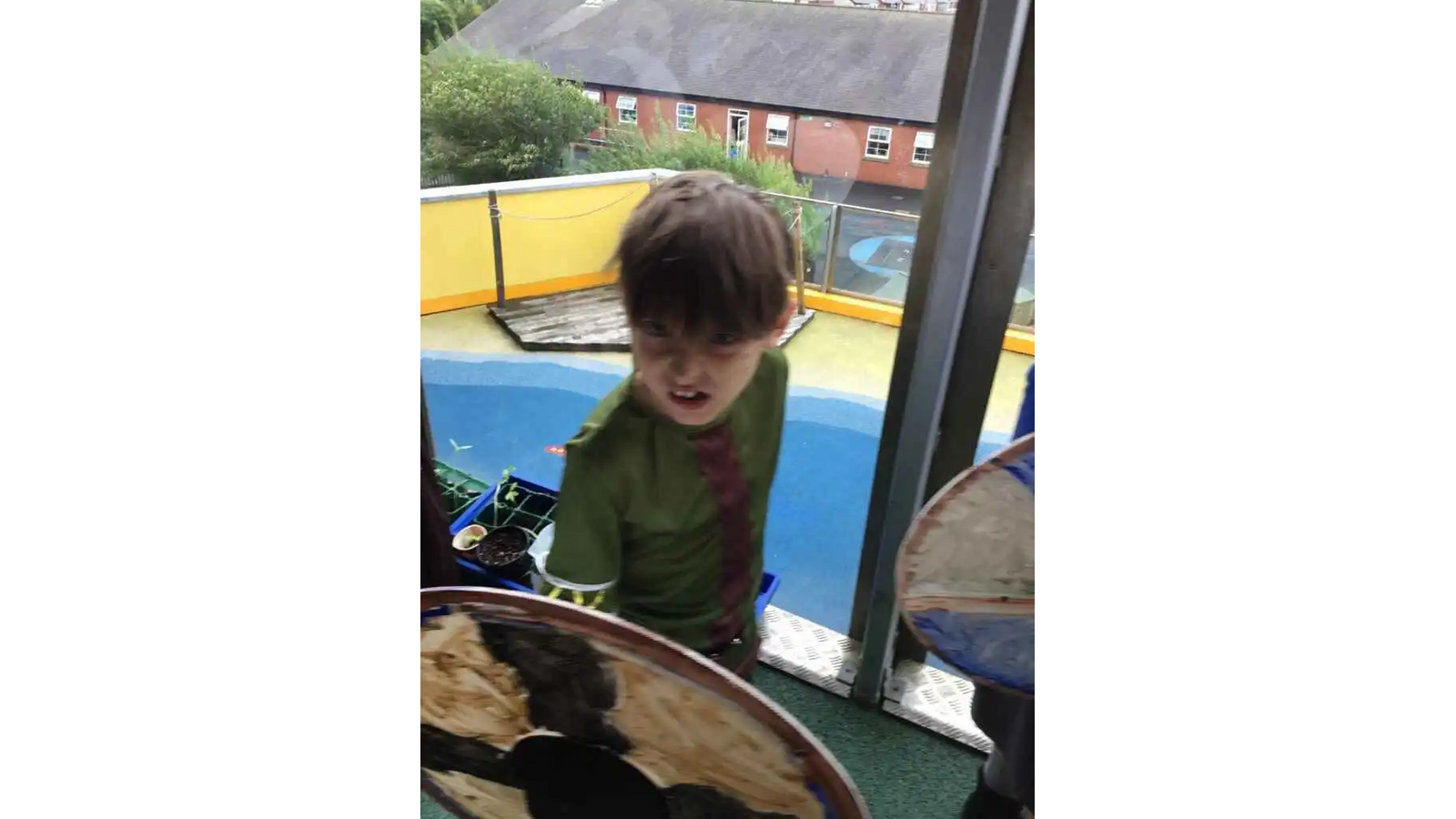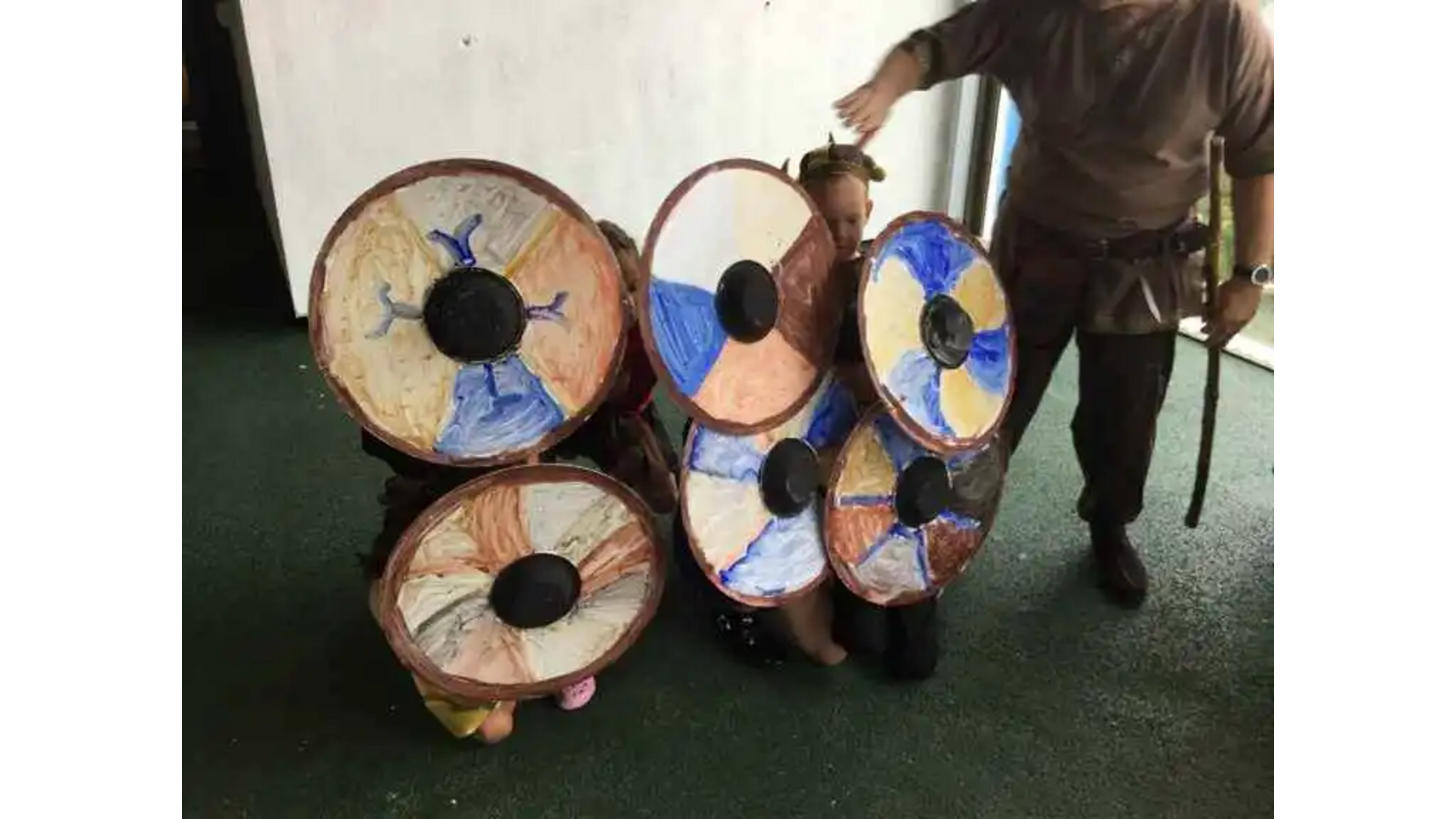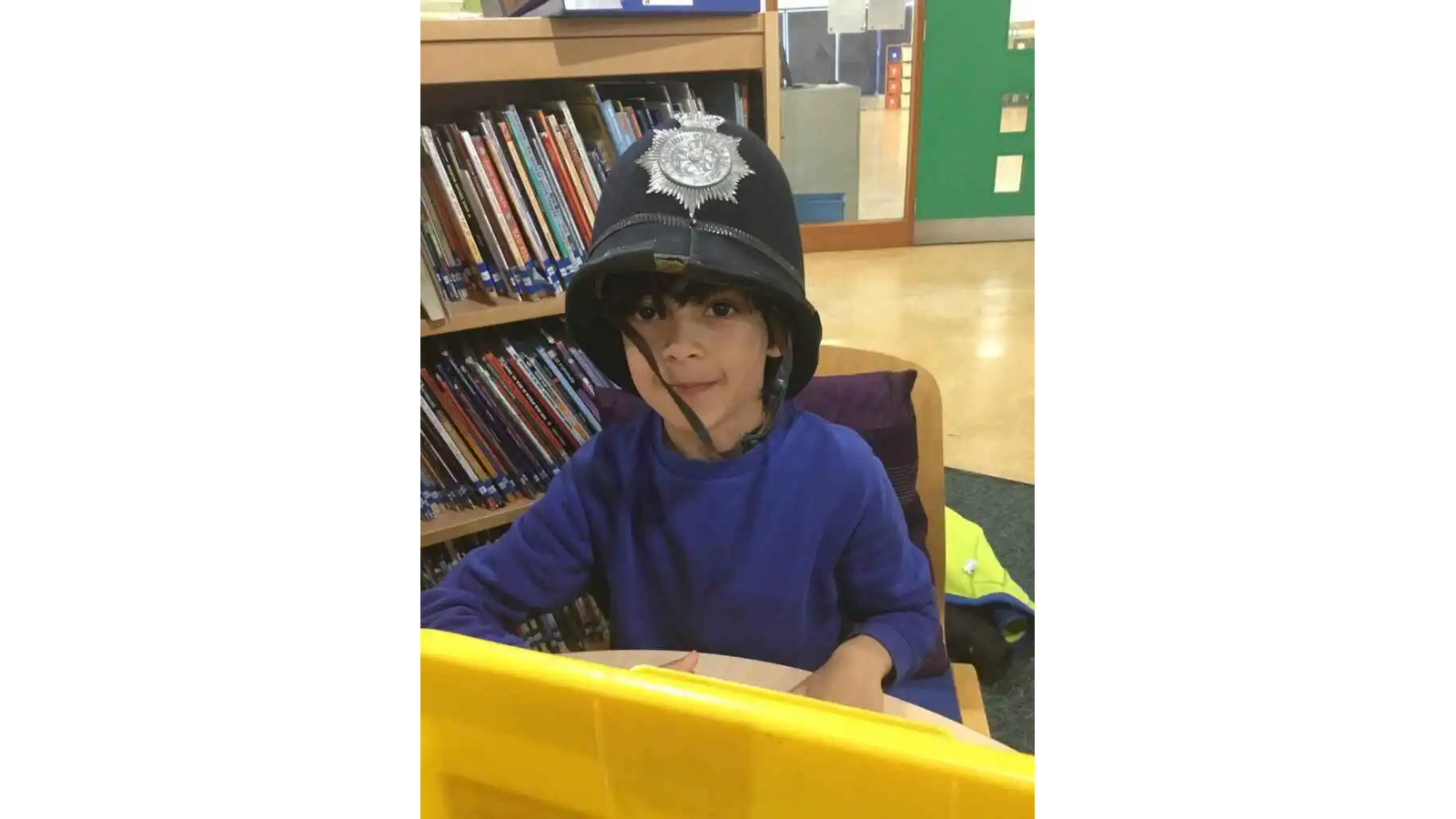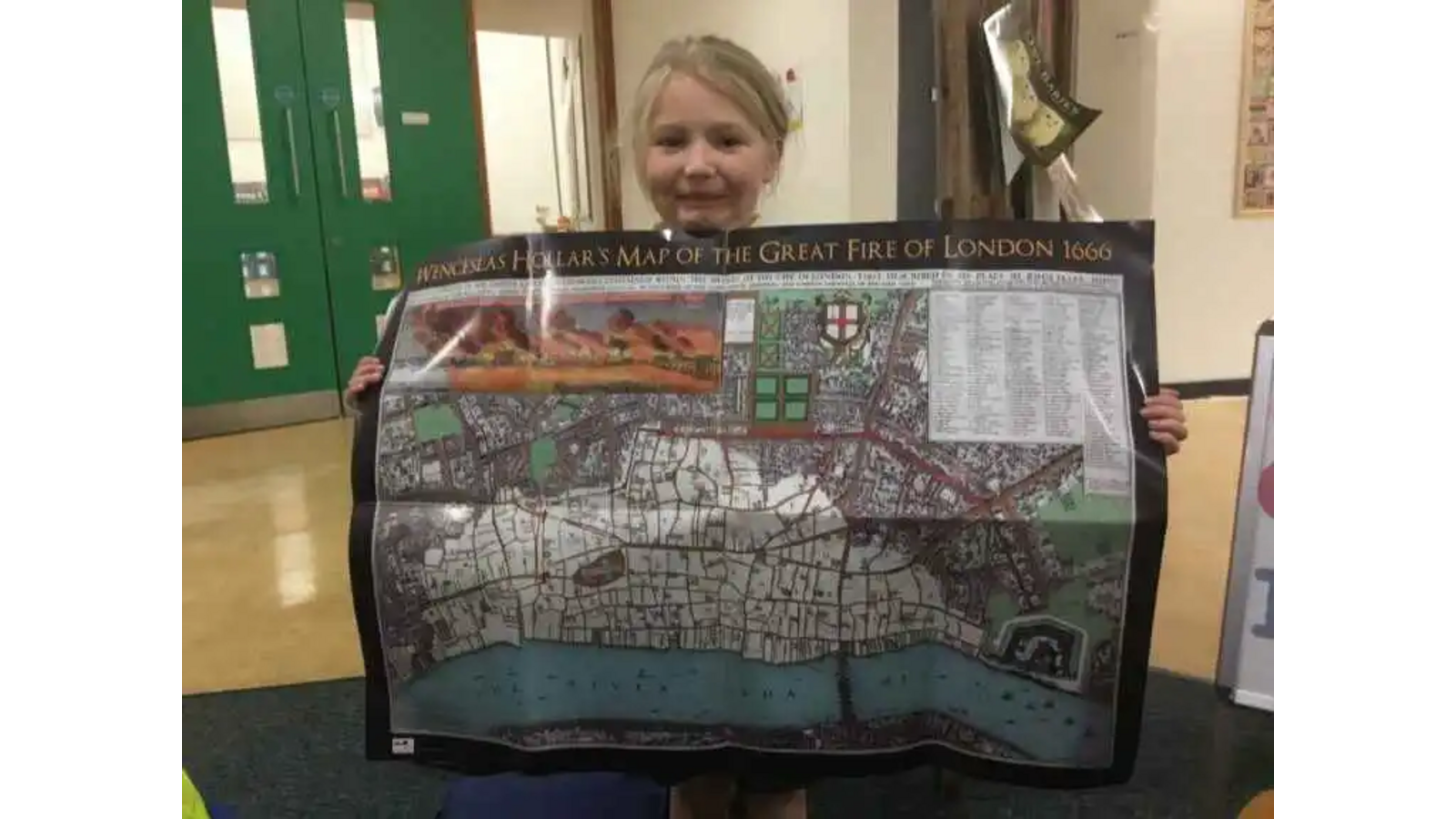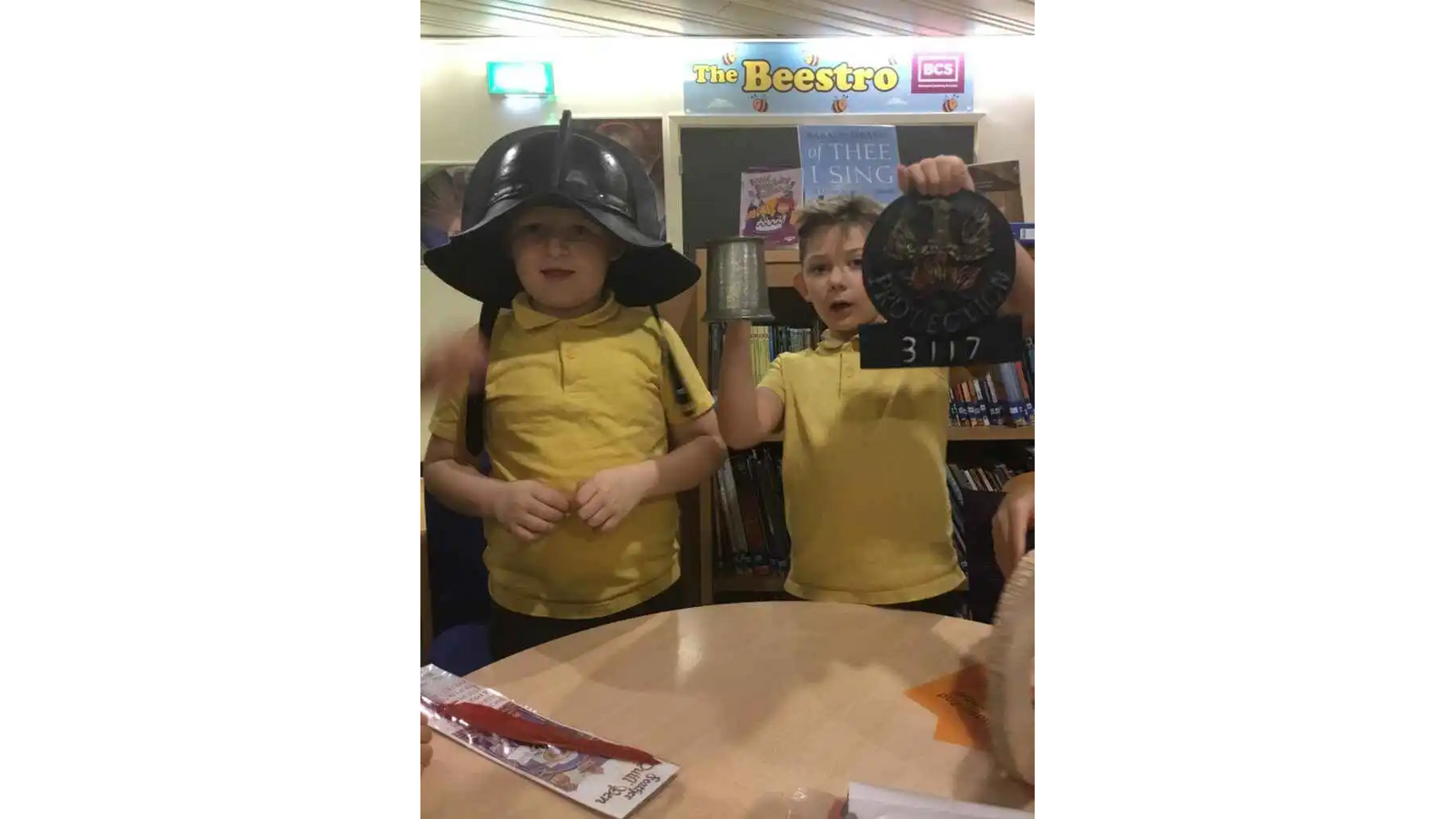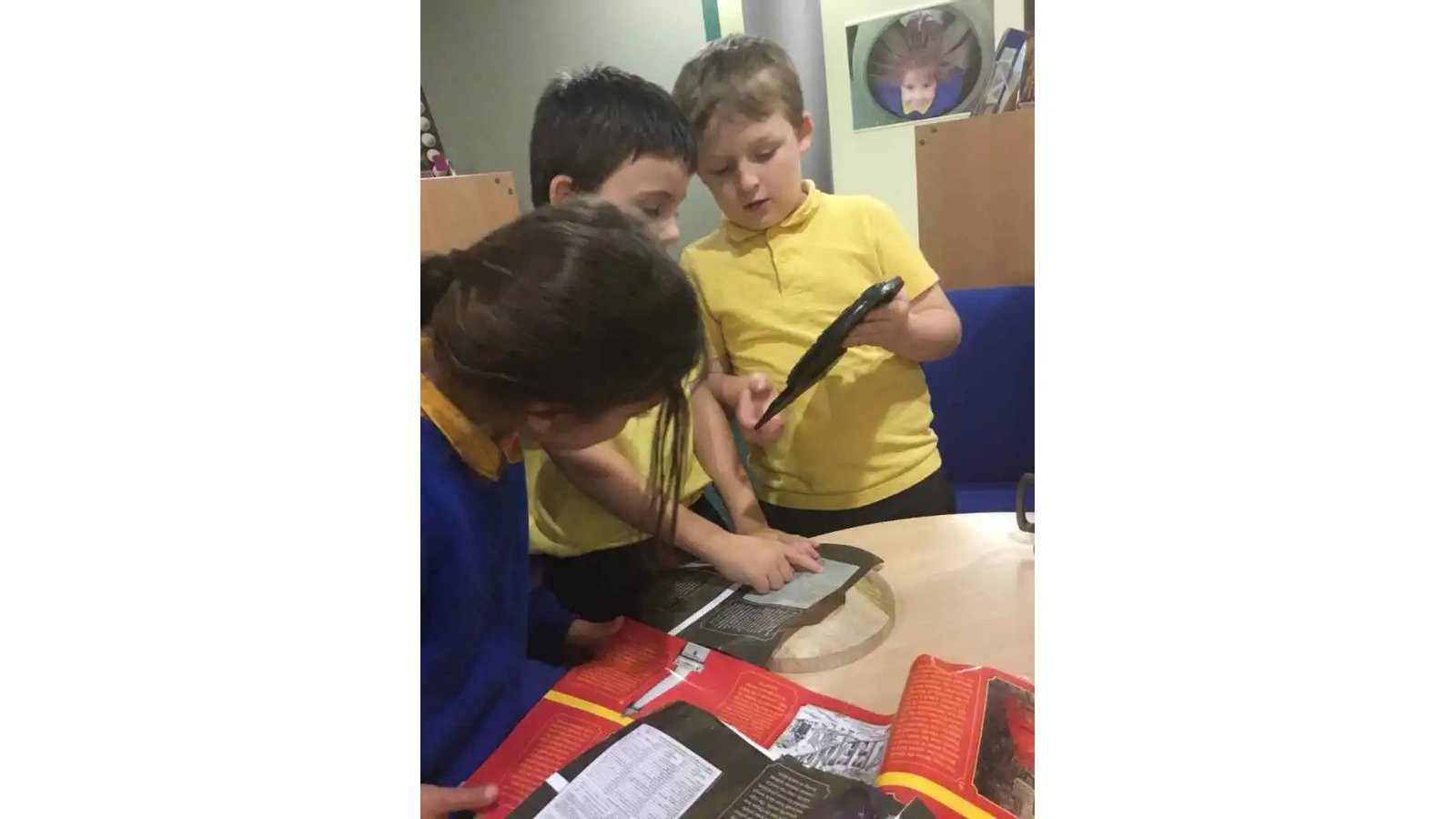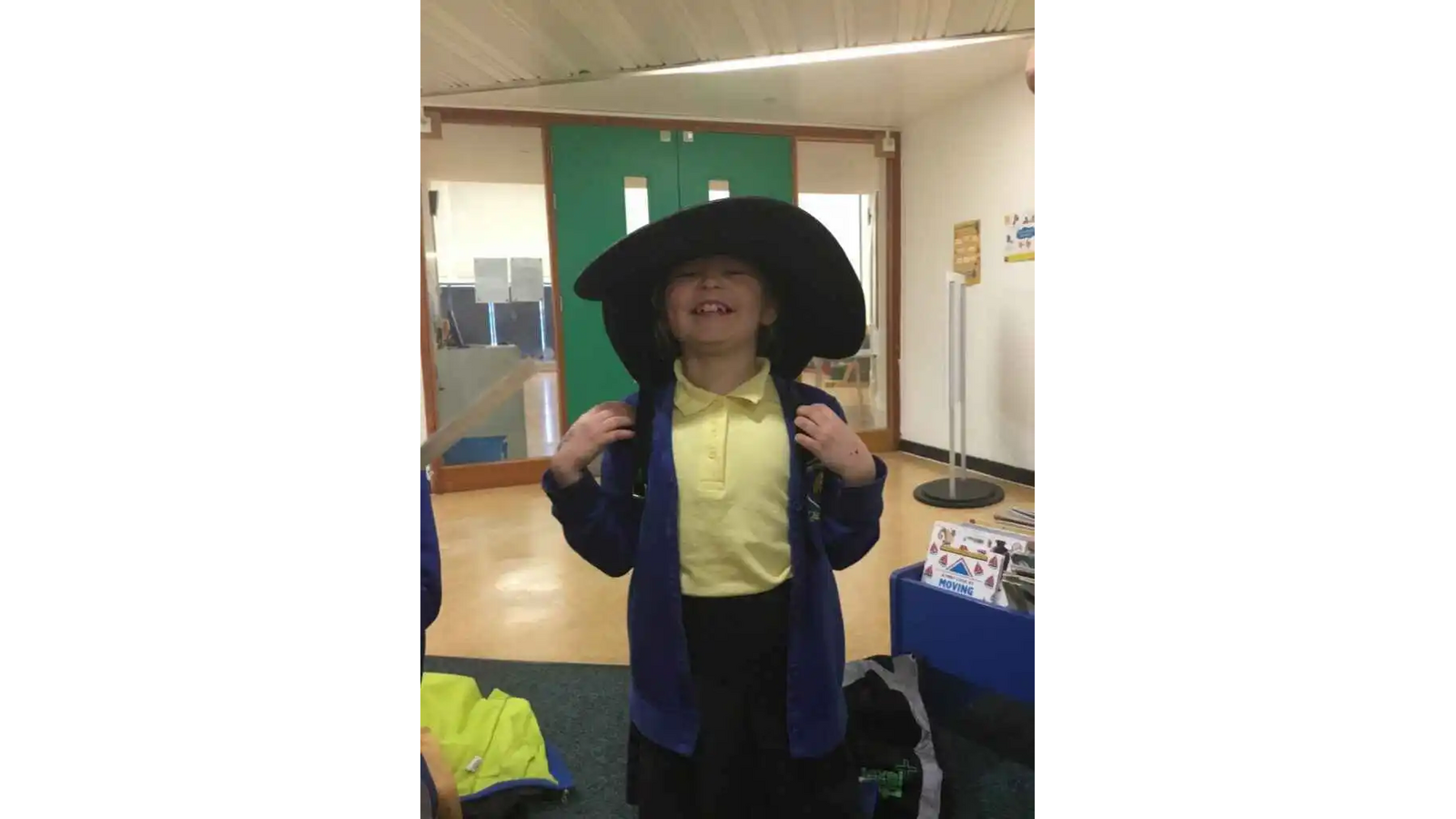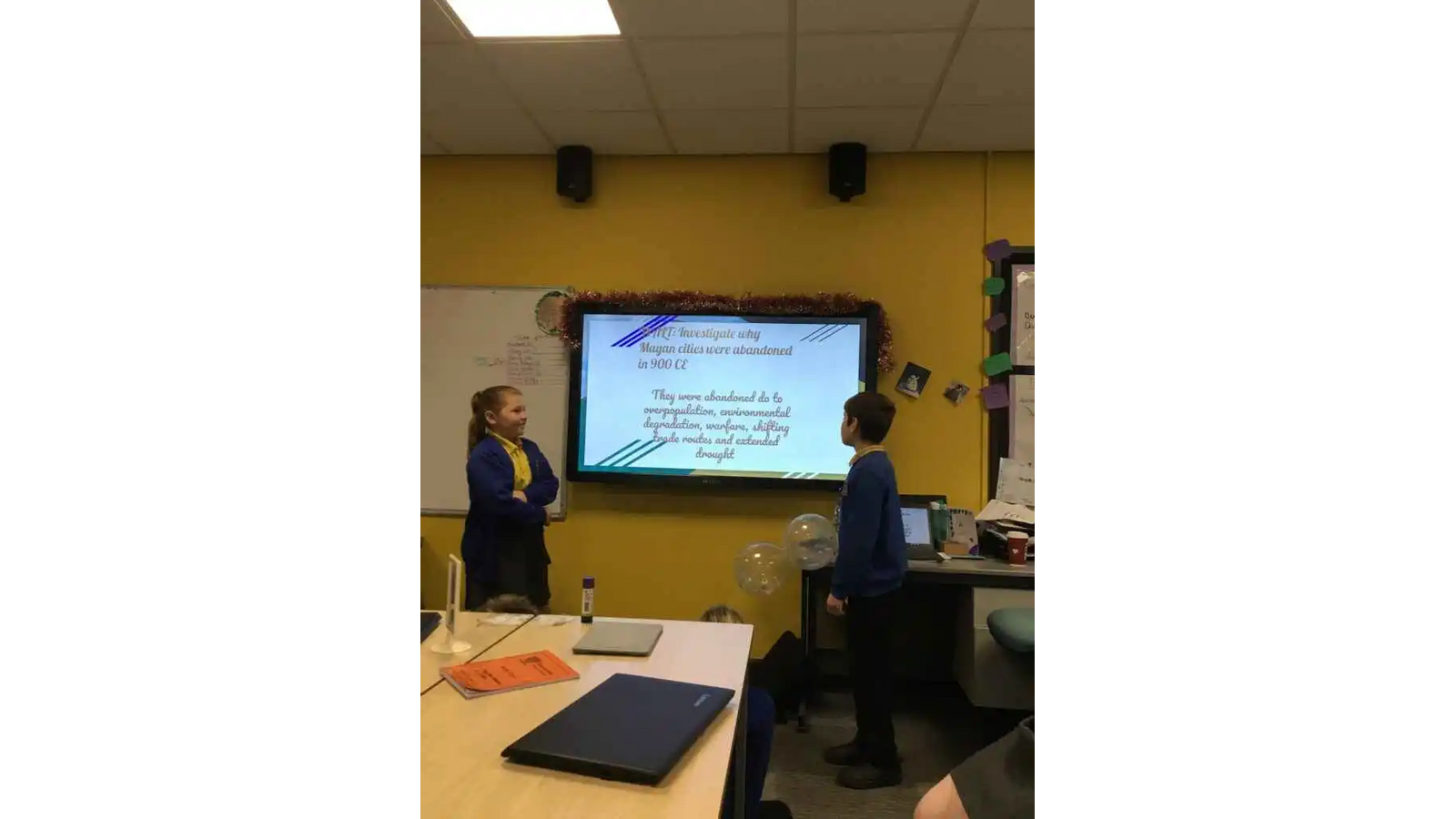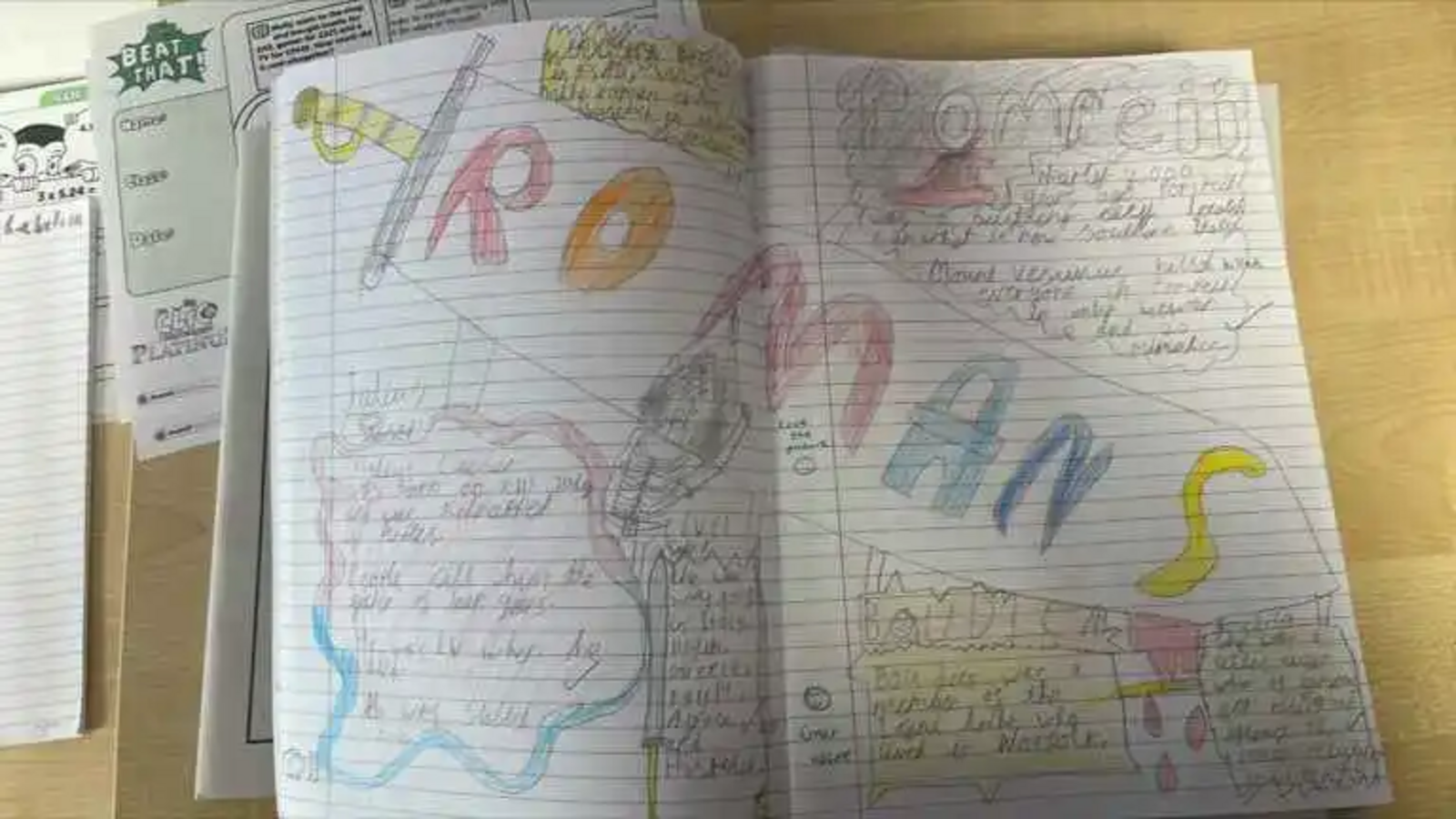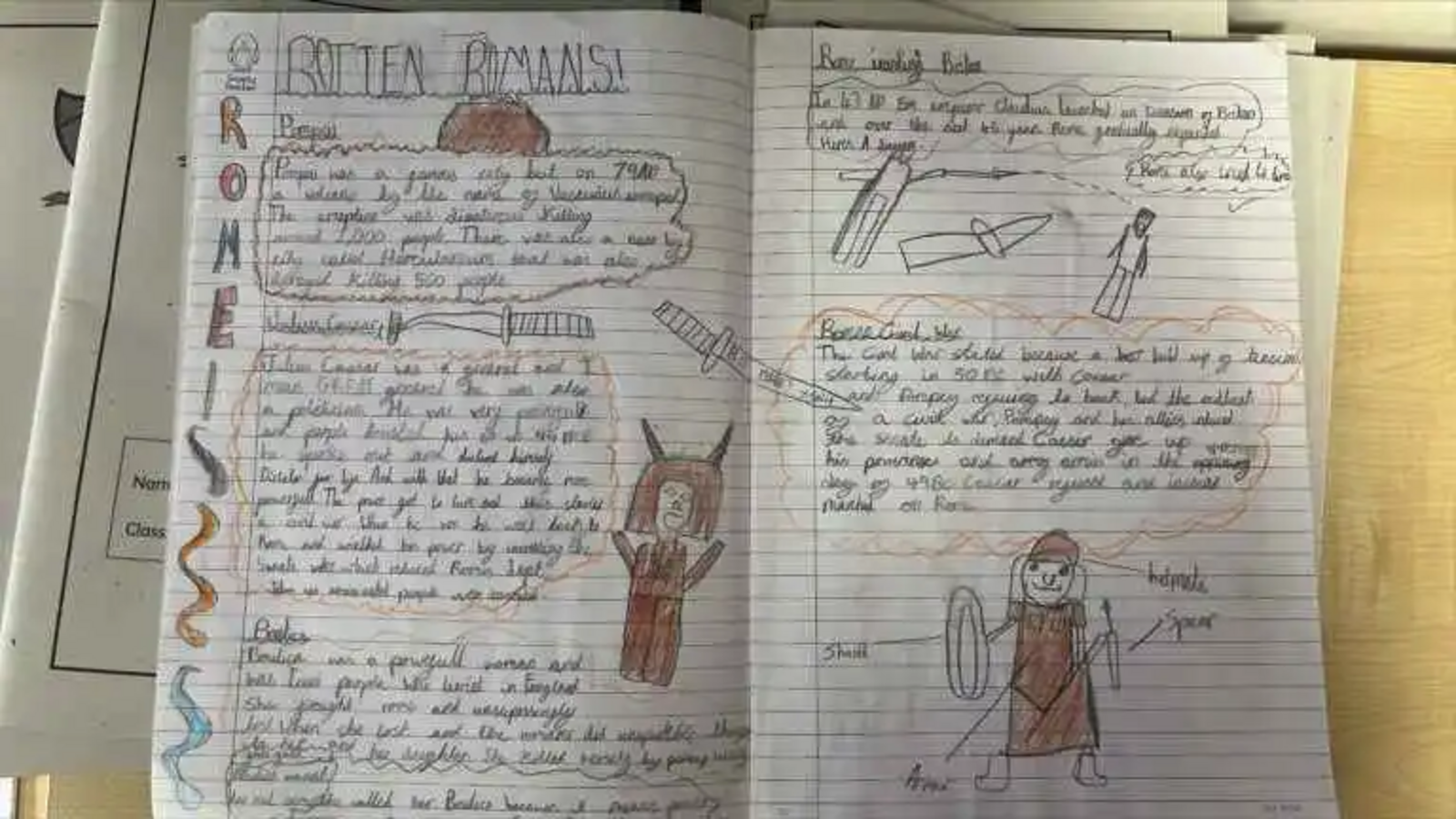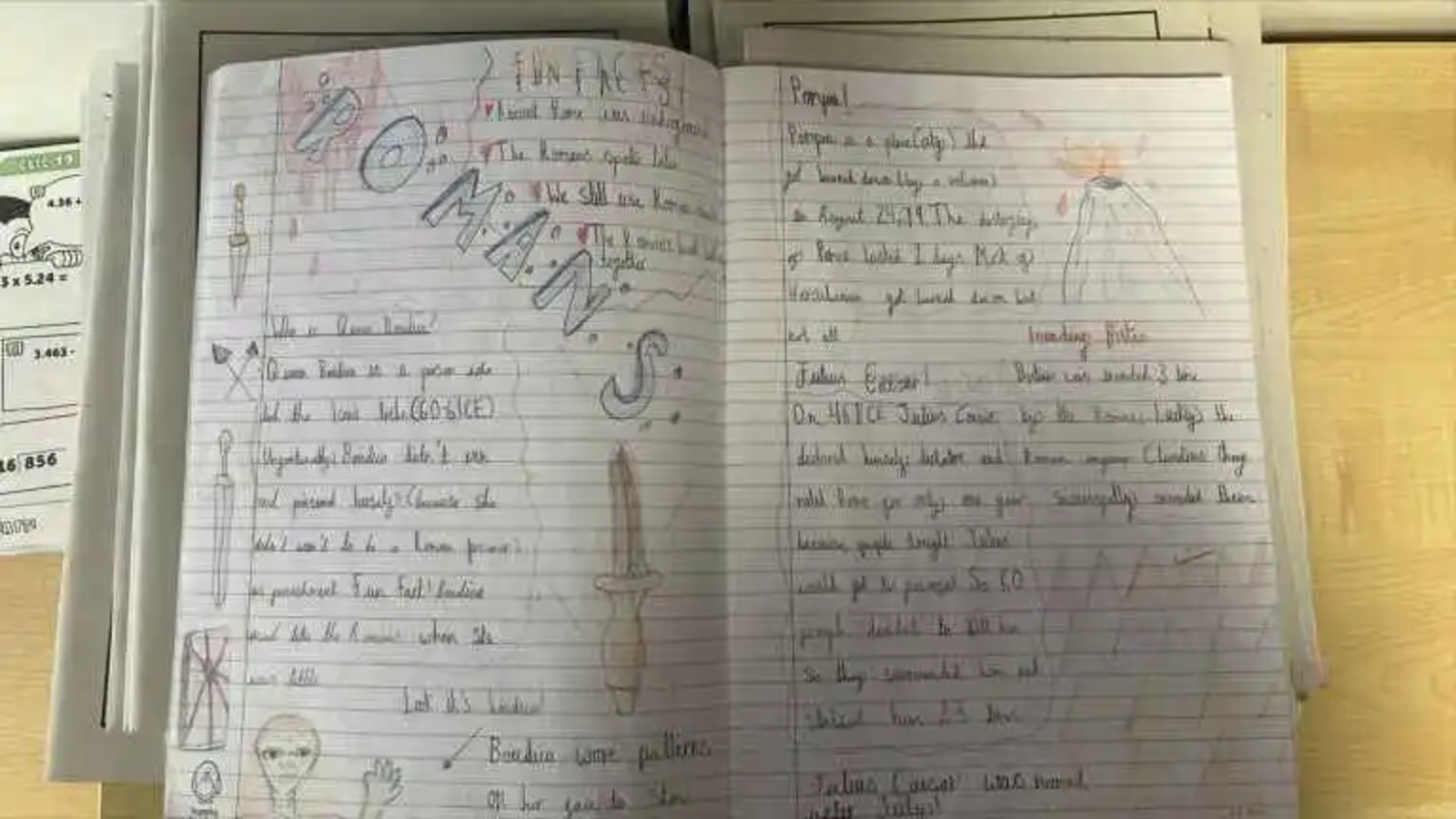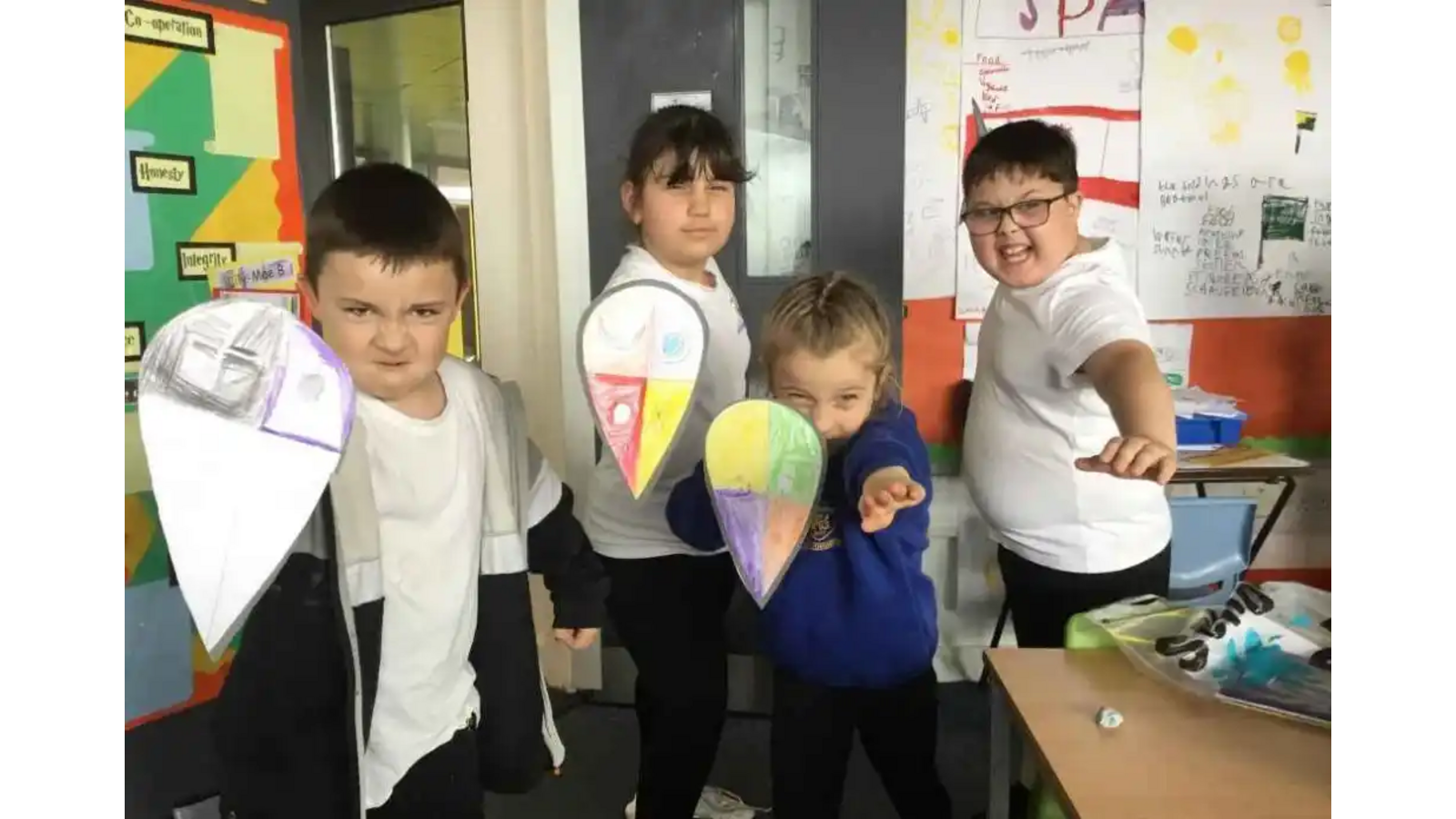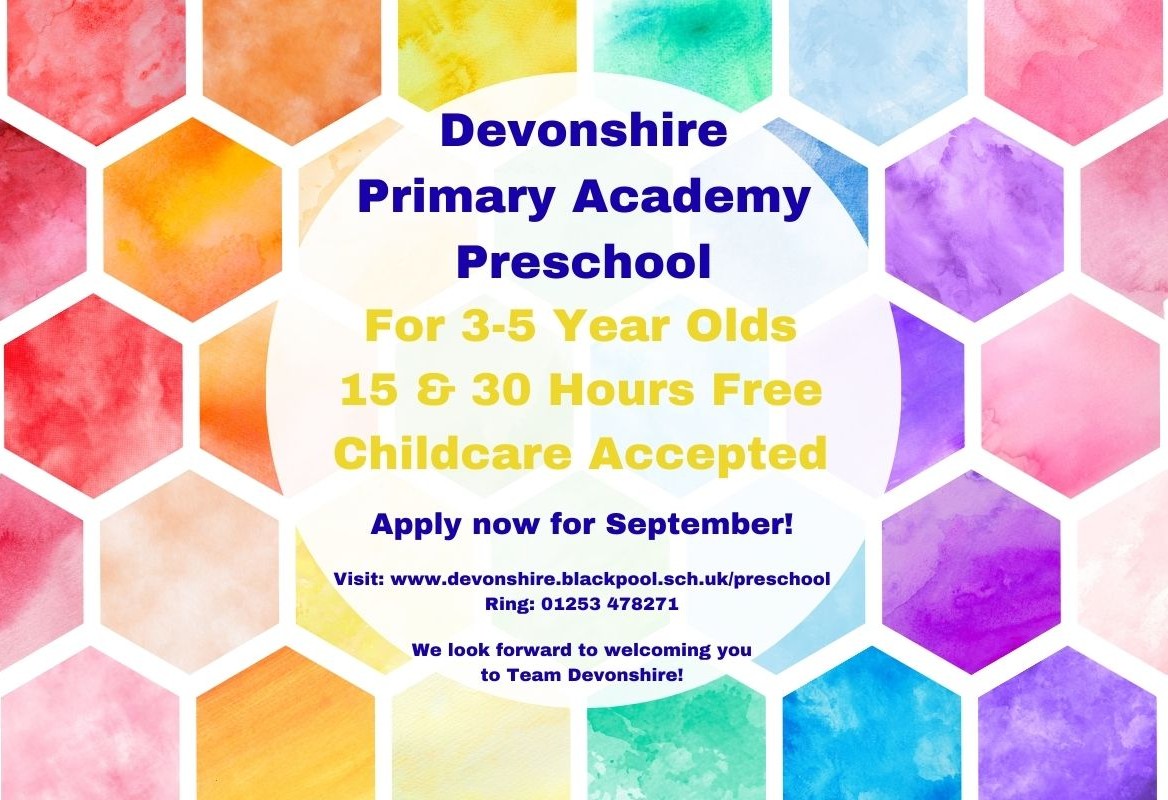History
Vision
By the end of their journey through school, children will have a chronological understanding of British history from the Stone Age to the present day. They will be able to draw comparisons and make connections between different time periods and their own lives. We believe that local history is equally important. This is why it is woven into our curriculum to ensure it is explicitly taught and a rich understanding of our local heritage is developed. The local area is fully explored to achieve these desired outcomes, with extensive opportunities for learning outside the classroom embedded in practice.
Intent
- To question historical events to further understanding.
- Use should be specific and relevant vocabulary that is transferable to writing.
- To promote a historical mind-set, where children want to research and investigate.
- Set high expectations for children’s achievement.
- Foster self-esteem and resilience.
- Promote learning that is progressive and chronological through the curriculum years to ensure consistency.
Implementation
- Pictures and artefacts to be used to ensure engagement and deep understanding.
- Historical investigations should be specific and meaningful.
- Topics to focus on a significant event related to a specific time period.
- Children will create and lead historical discussions, debating facts and opinions.
- Children will discuss cause and effect and determine how Britain (and the world) has changed over time.
- Children will study the heritage of Blackpool and their own heritage.
Impact
- Understanding of the world’s chronology will be improved across the school.
- Children’s ability to question and investigate history will be embedded.
- Our pupils will use historical vocabulary to lead and partake in historical discussions.
- The children will better understand their own heritage.
What makes a good historian?
- An excellent knowledge and understanding of people, events, and contexts from a range of historical periods and of historical concepts and processes.
- The ability to think critically about history and communicate ideas very confidently in styles appropriate to a range of audiences.
- The ability to consistently support, evaluate and challenge their own and others’ views using detailed, appropriate and accurate historical evidence derived from a range of sources.
- The ability to think, reflect, debate, discuss and evaluate the past, formulating and refining questions and lines of enquiry.
- A passion for history and an enthusiastic engagement in learning, which develops their sense of curiosity about the past and their understanding of how and why people interpret the past in different ways.
- A respect for historical evidence and the ability to make robust and critical use of it to support their explanations and judgments.
- A desire to embrace challenging activities, including opportunities to undertake high-quality research across a range of history topics.
Useful Websites
Ask your children which of the buttons below they have looked at in class. Pupils will focus on these buttons throughout their primary school education as they compare civilisations. This will help them to make links throughout History.



















